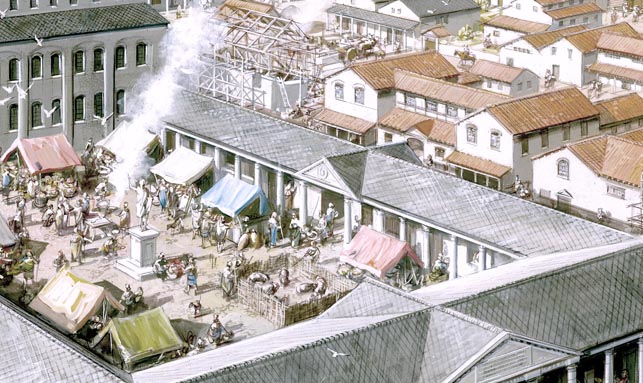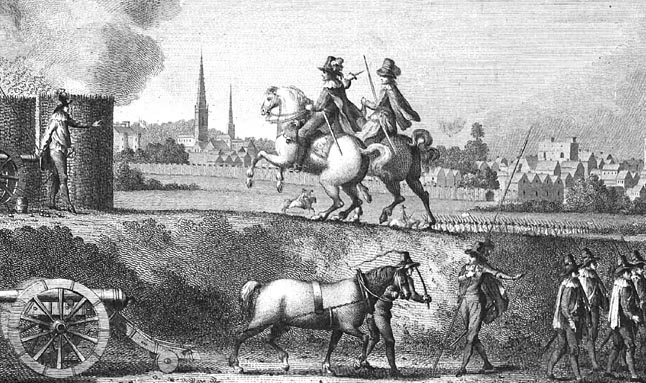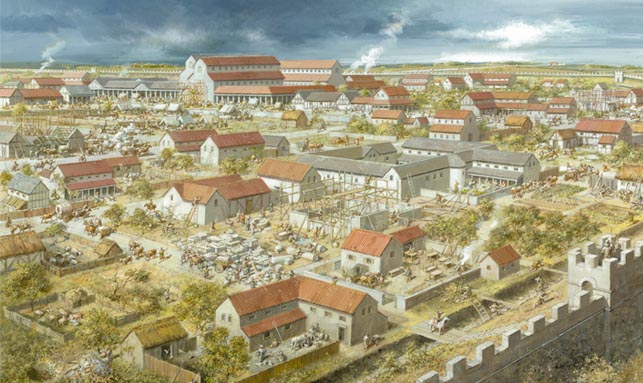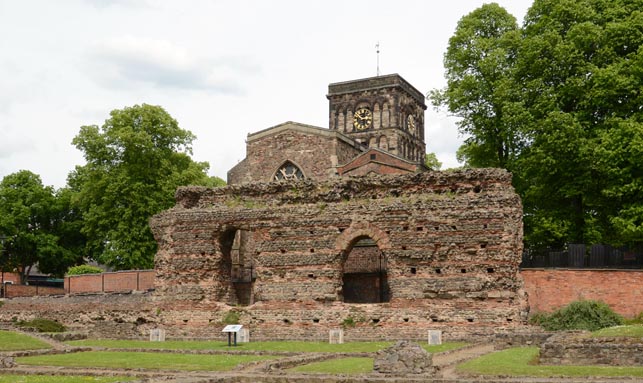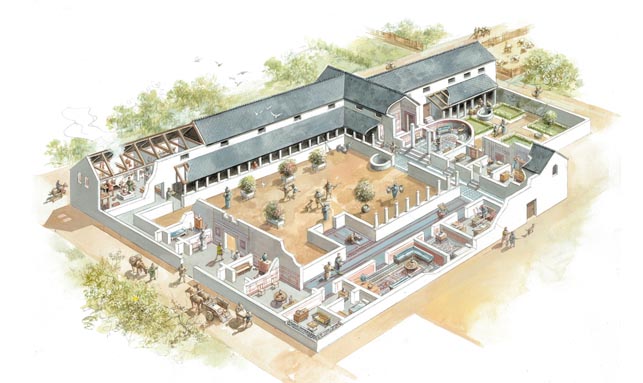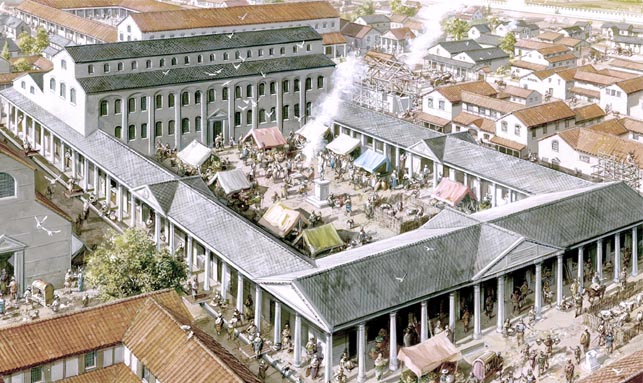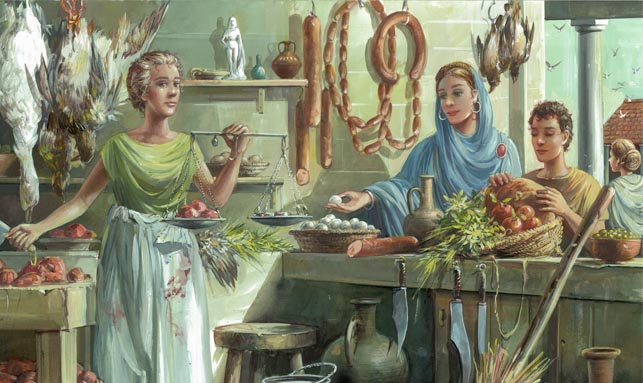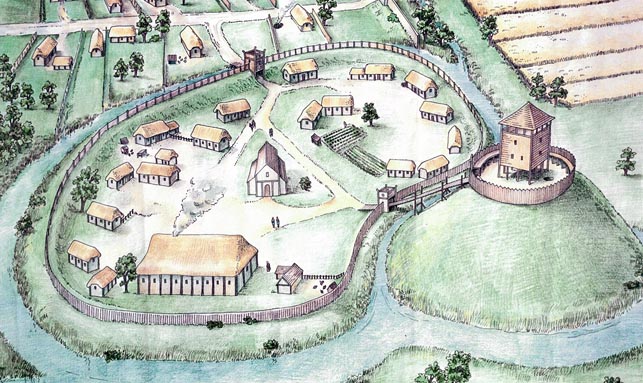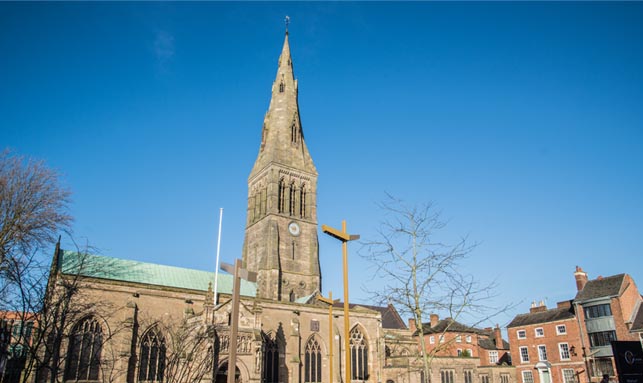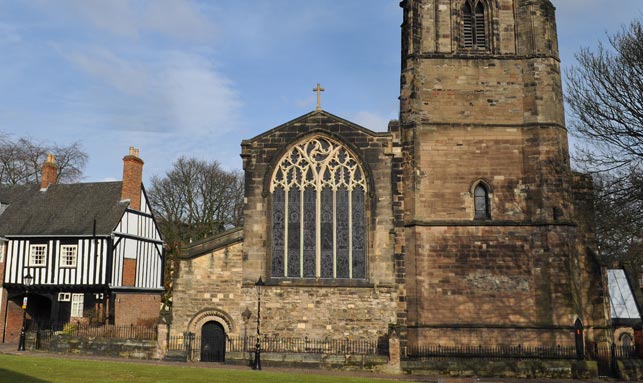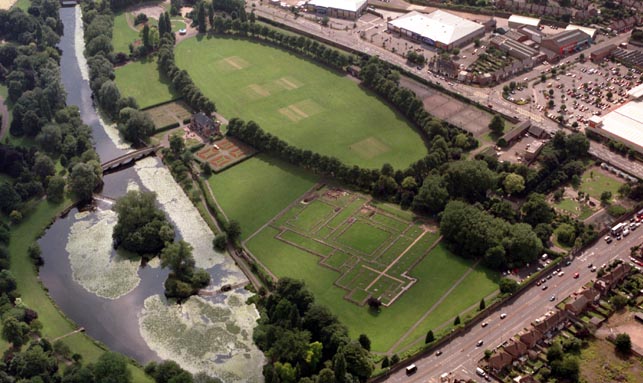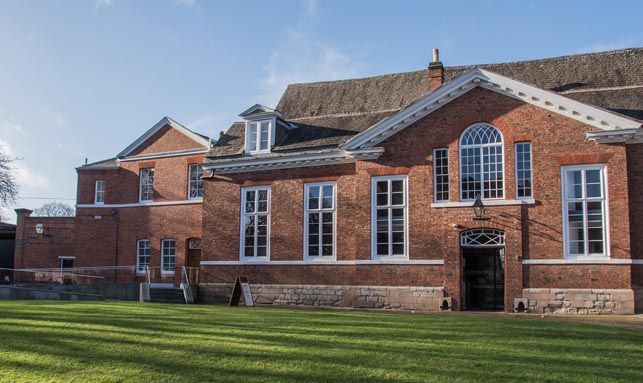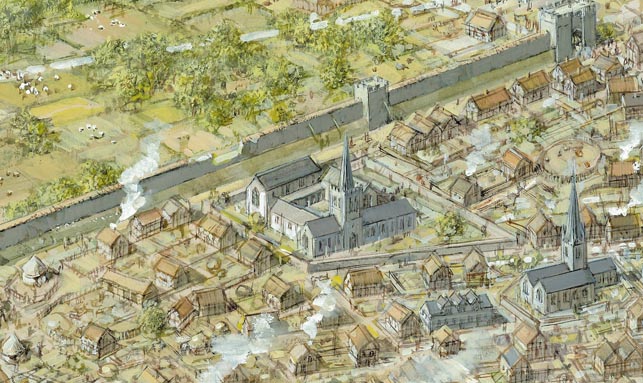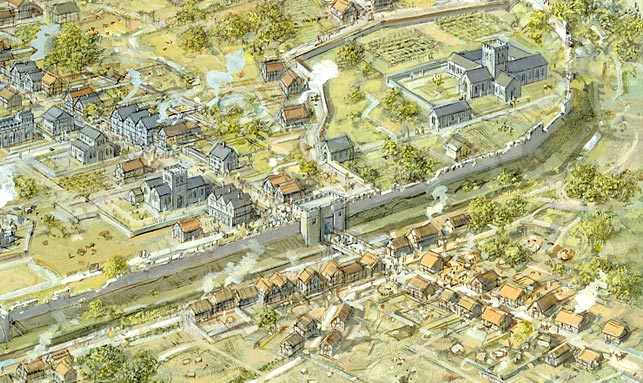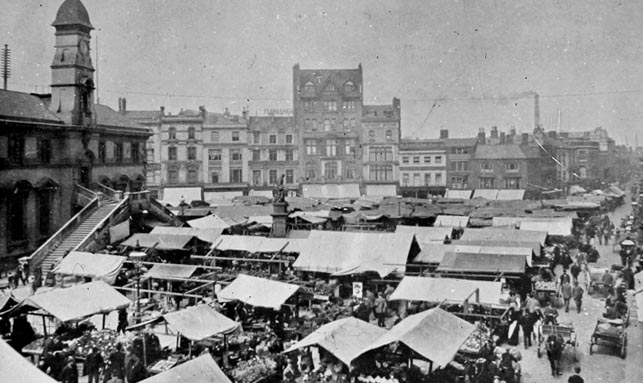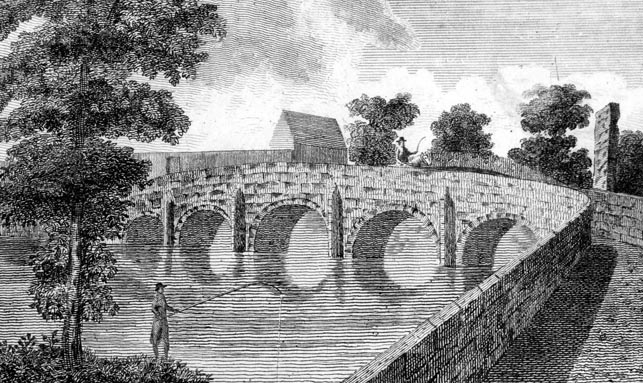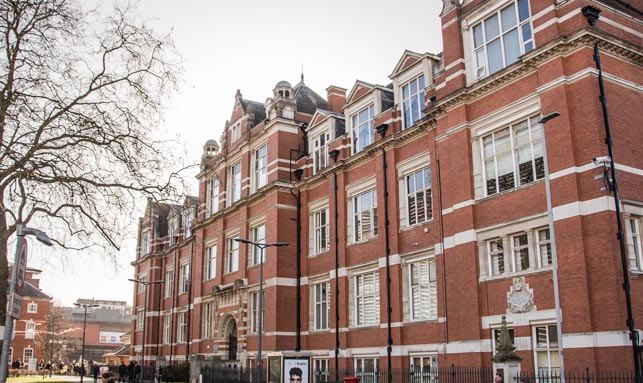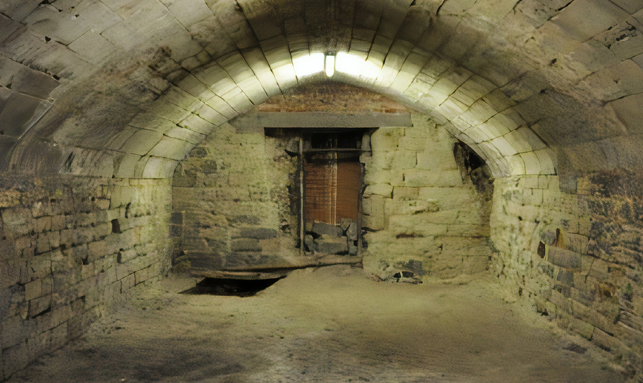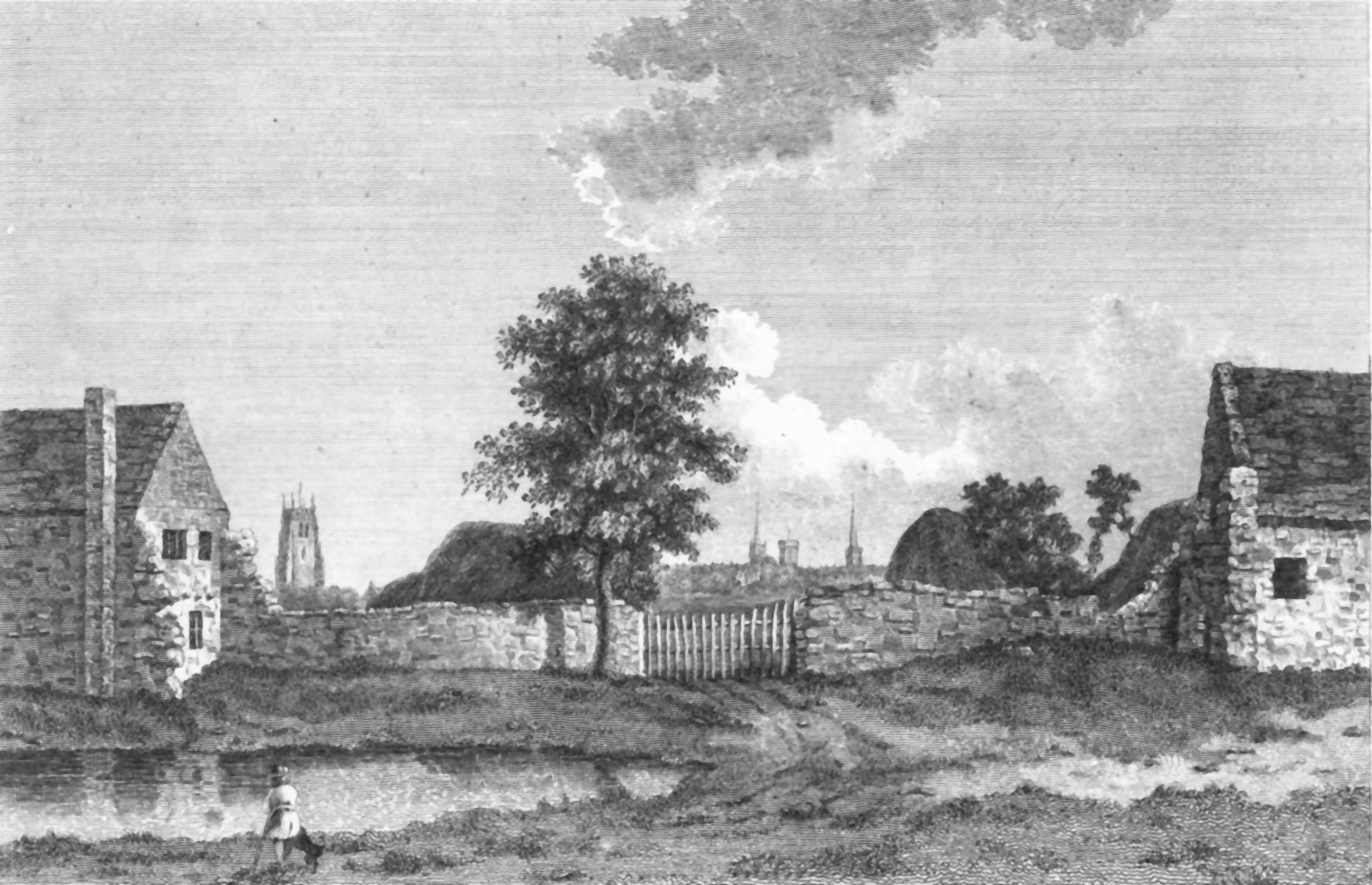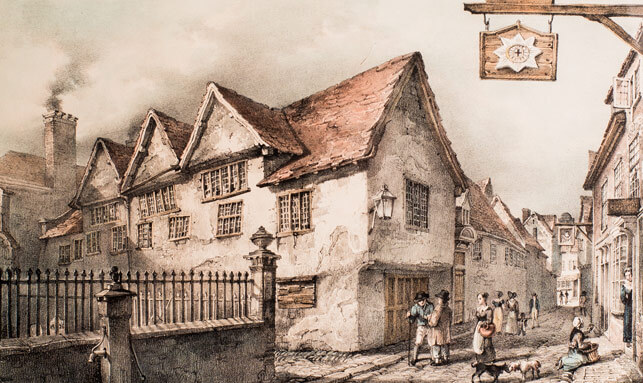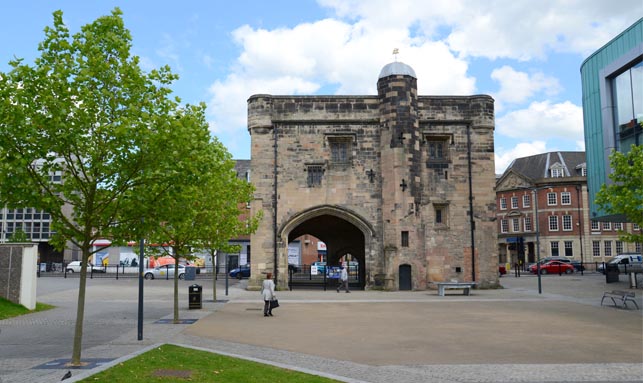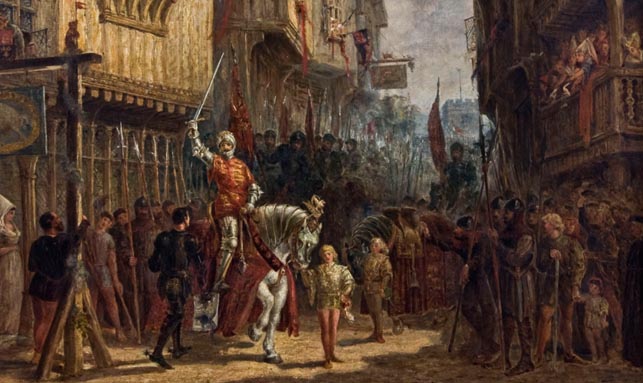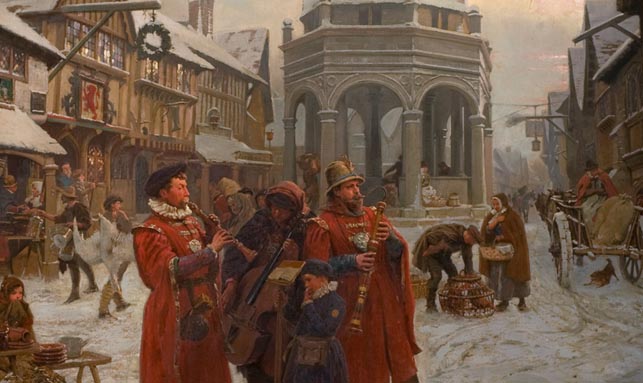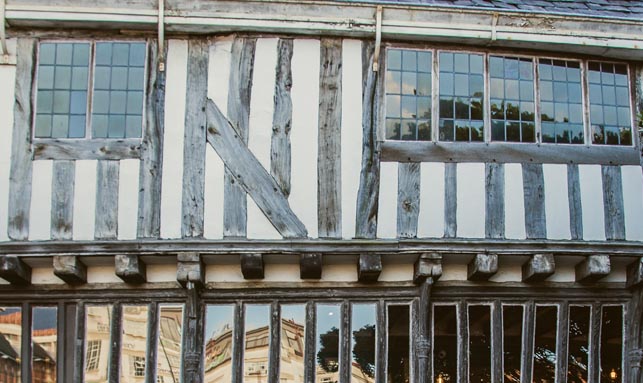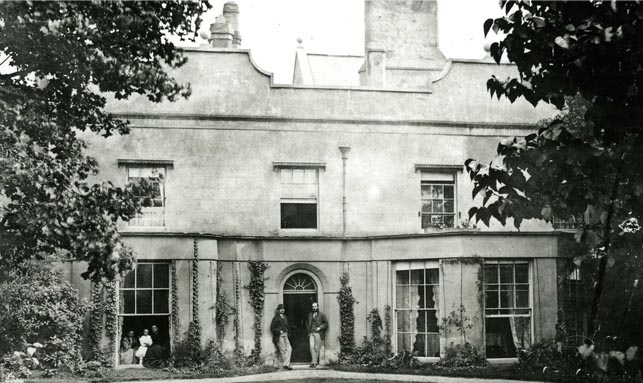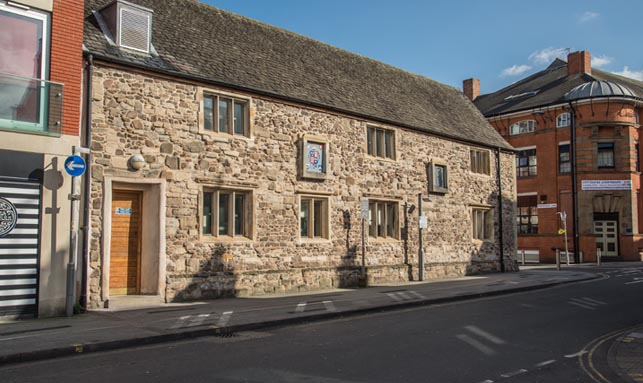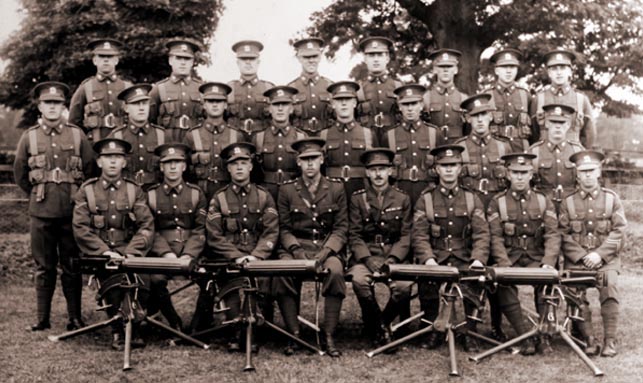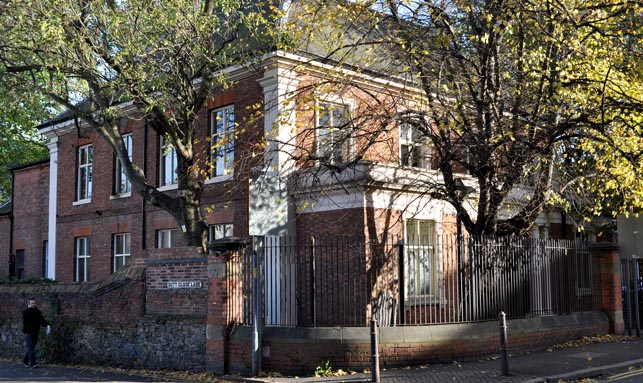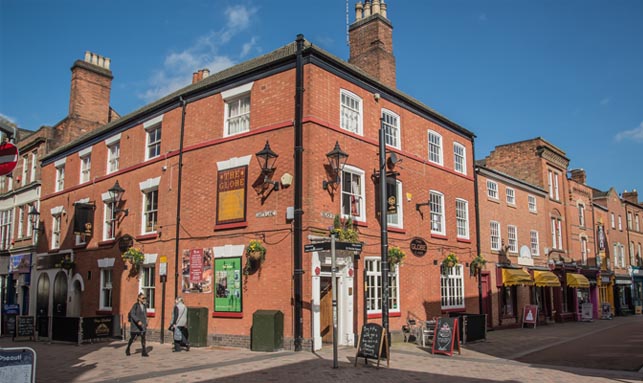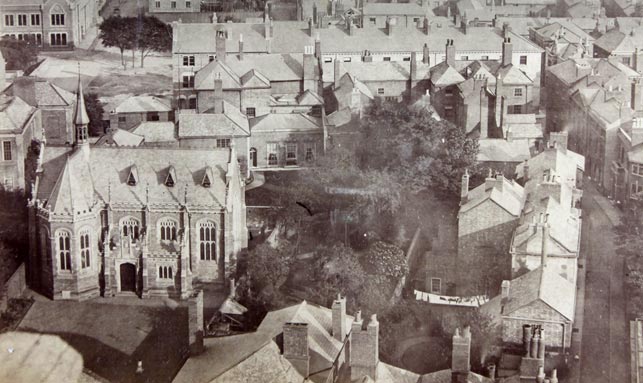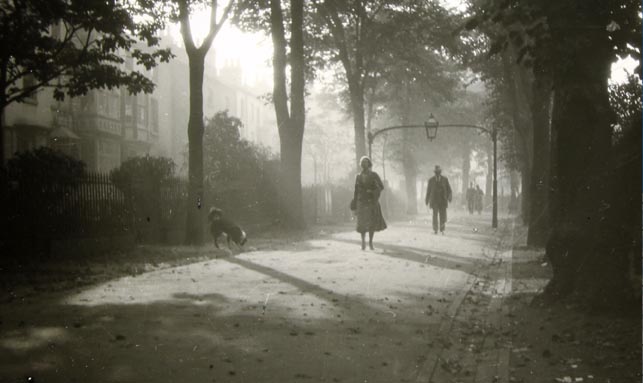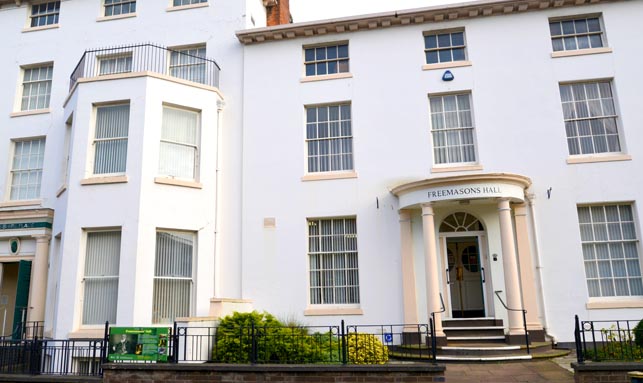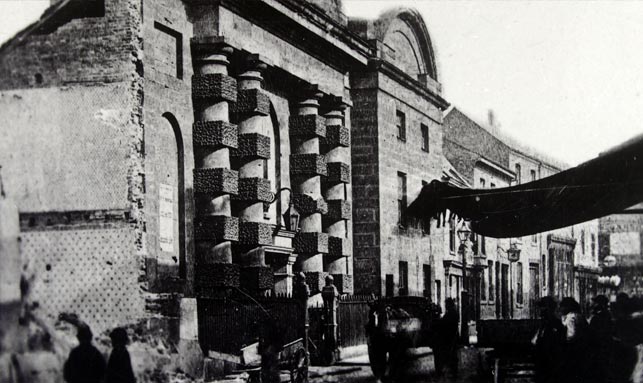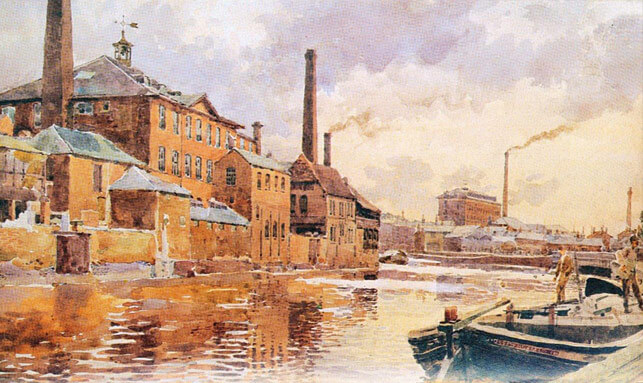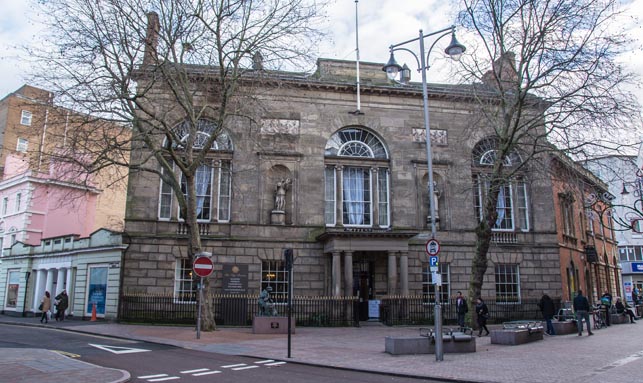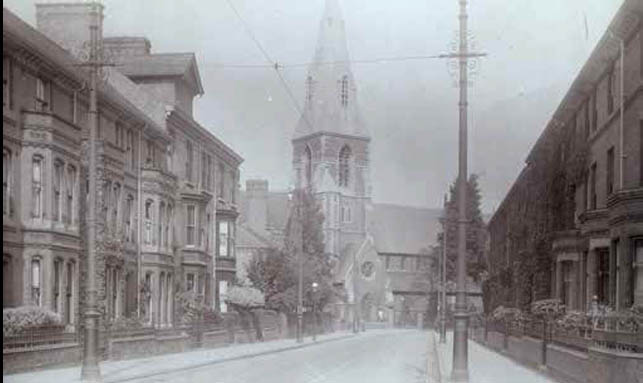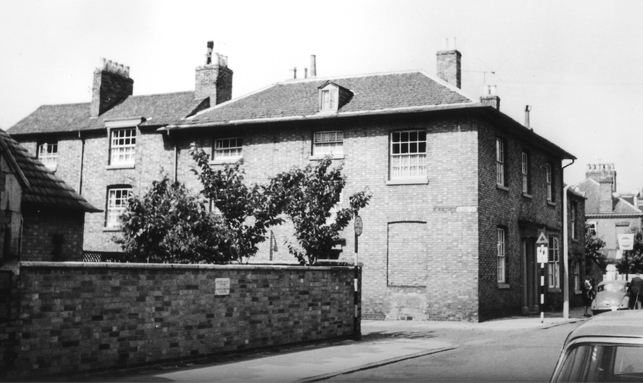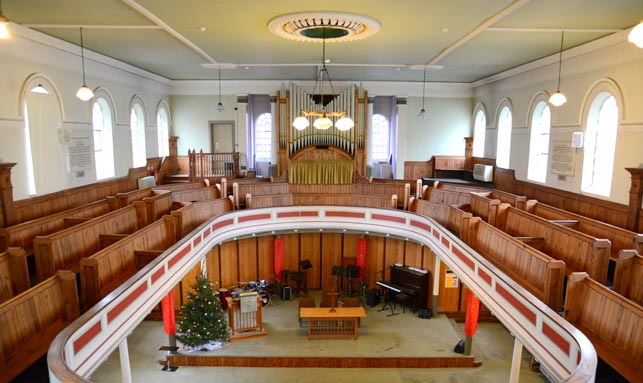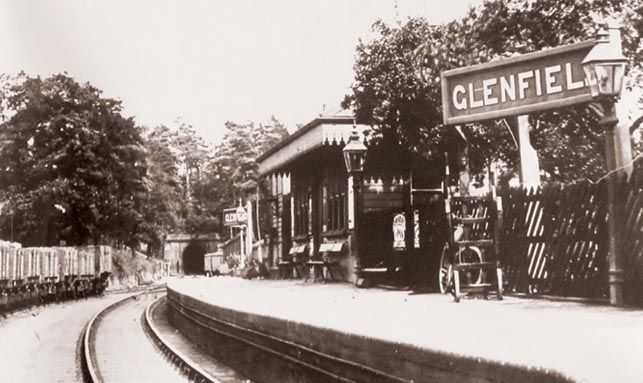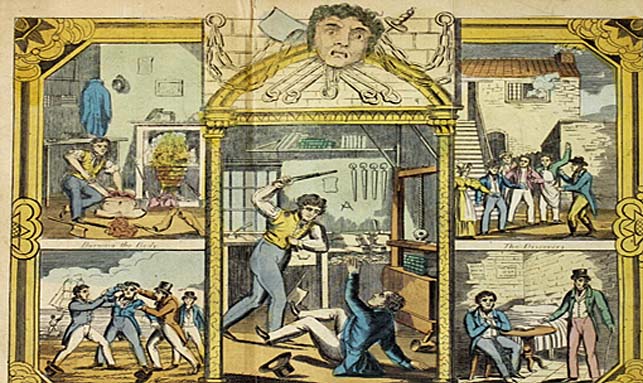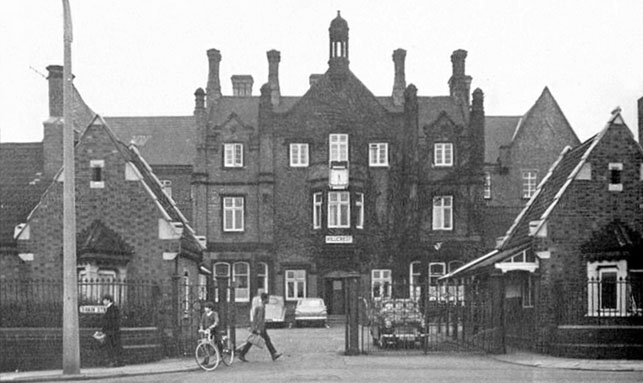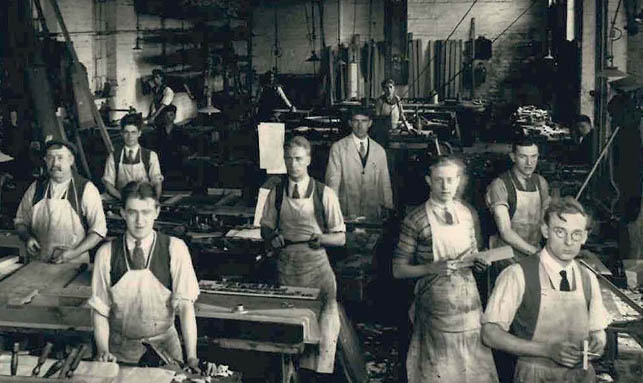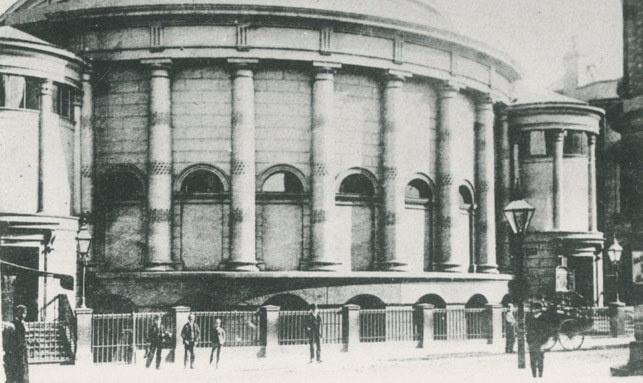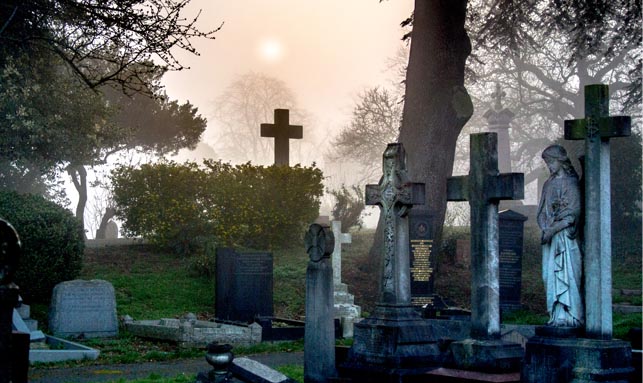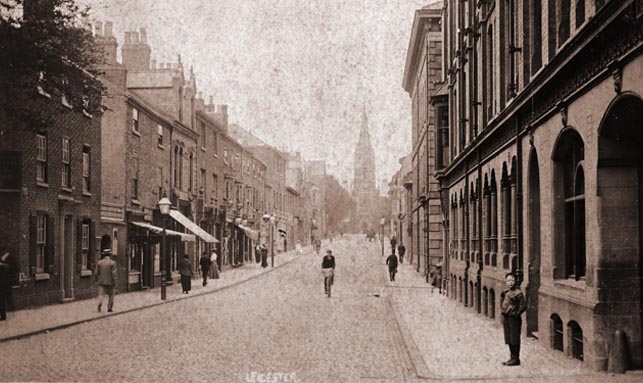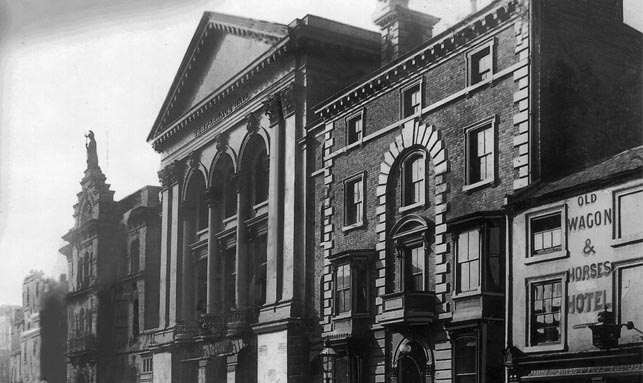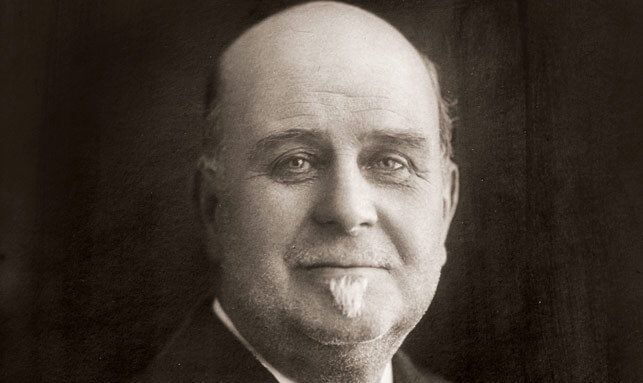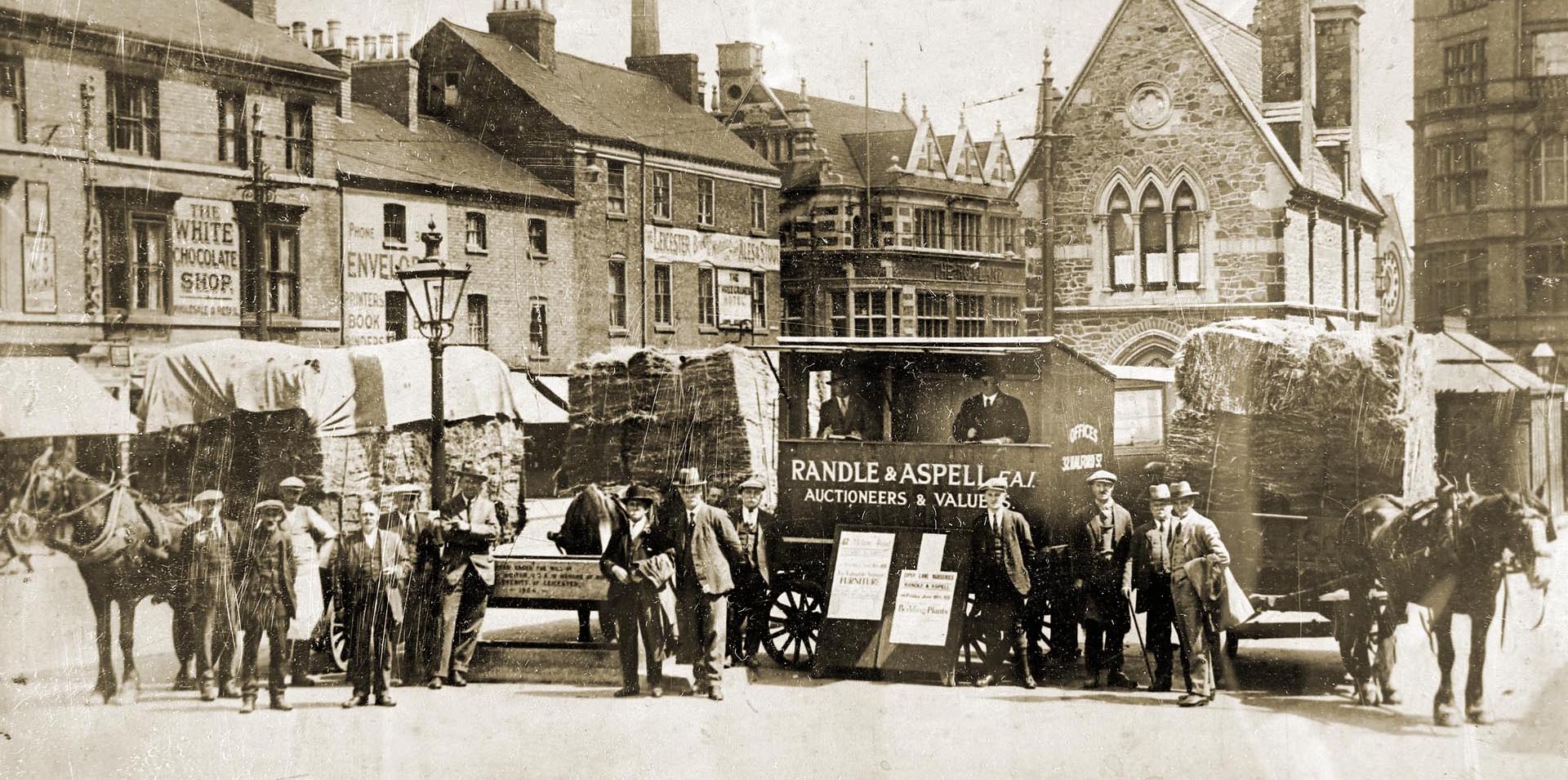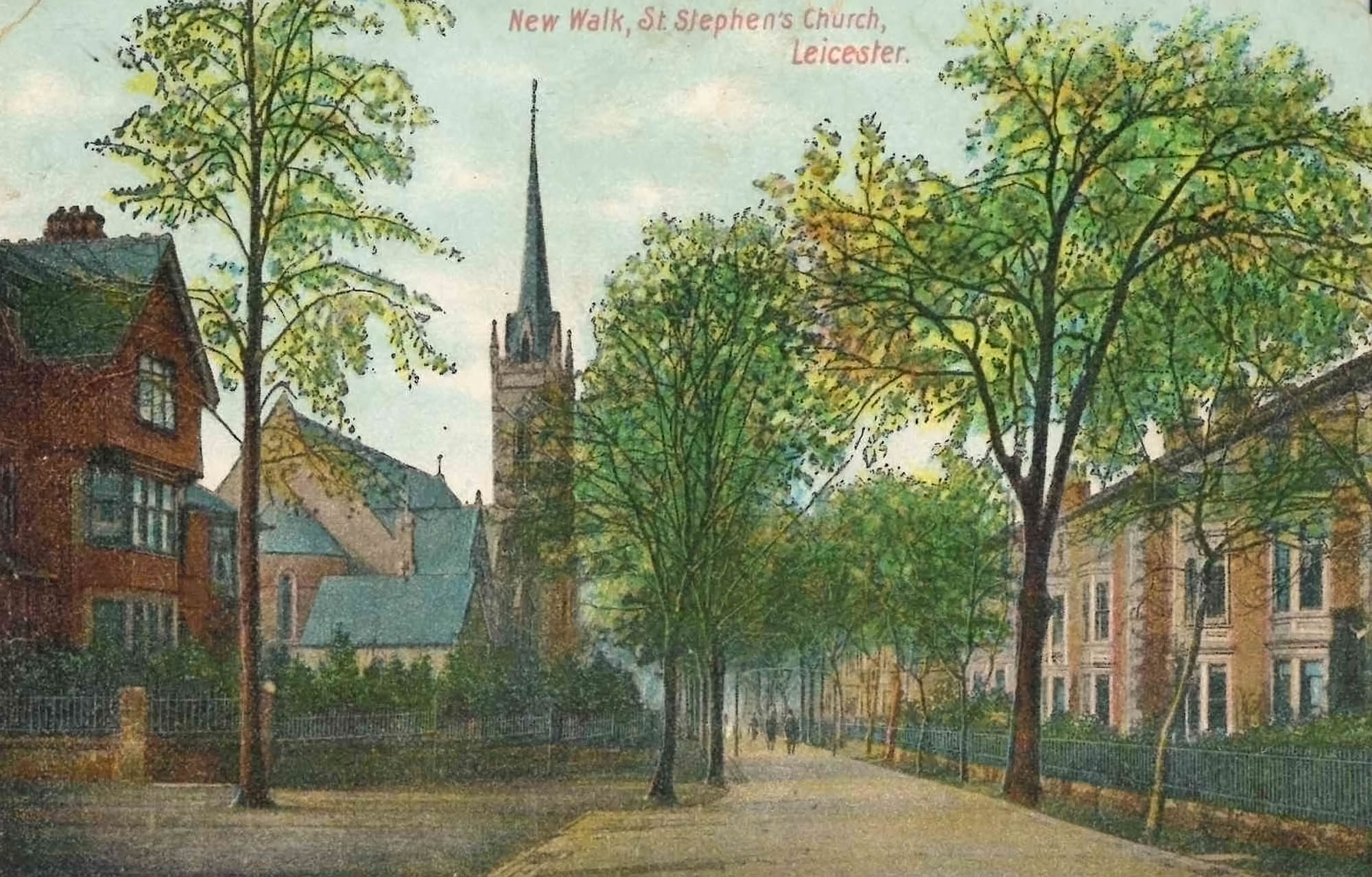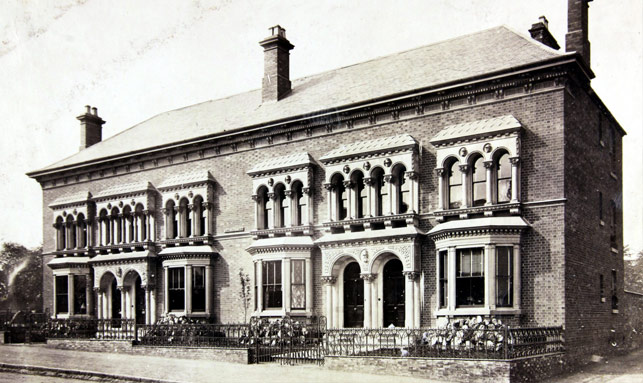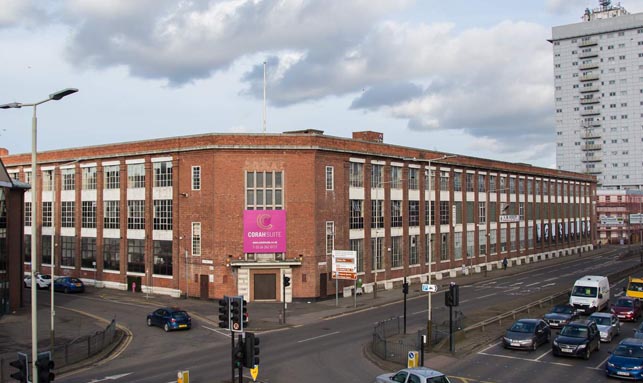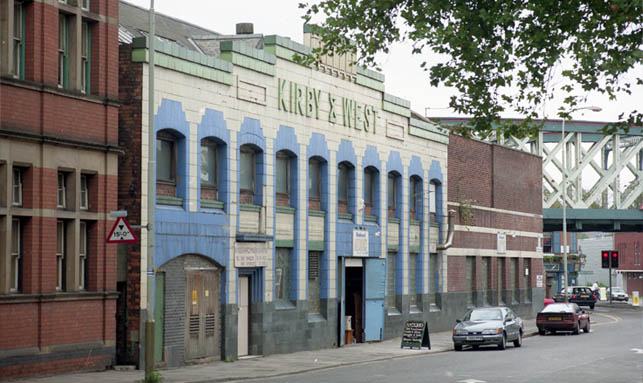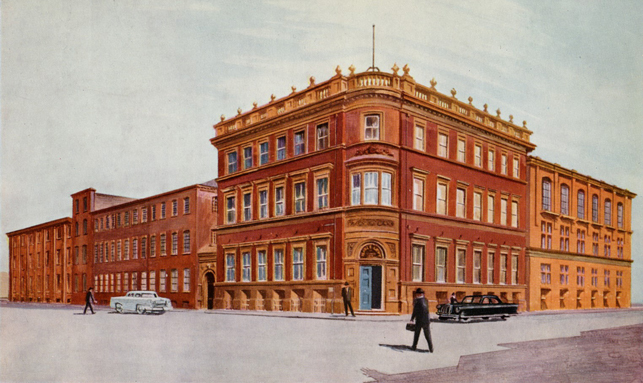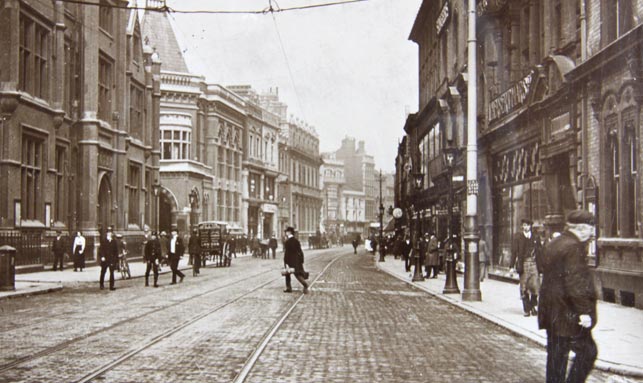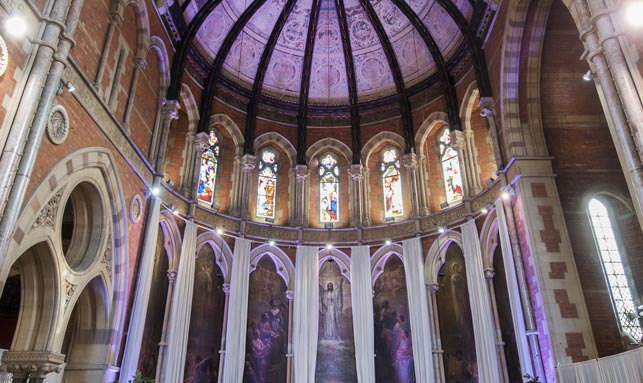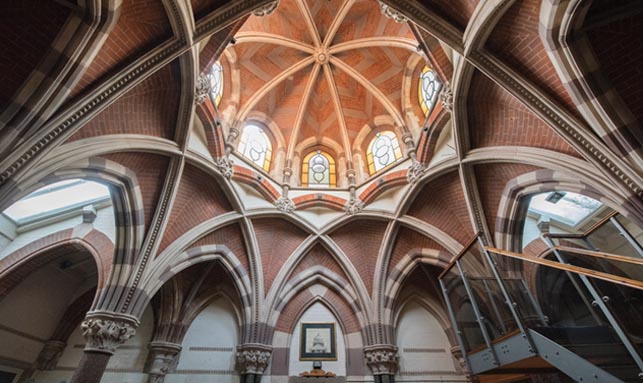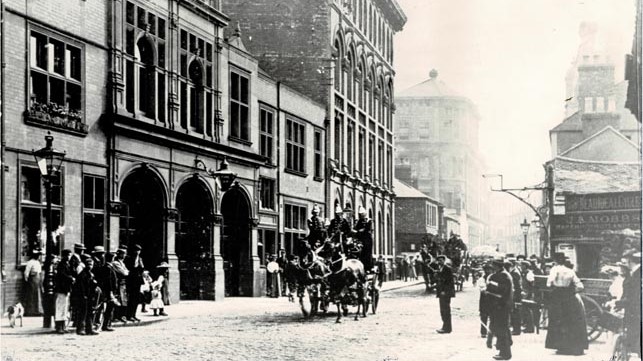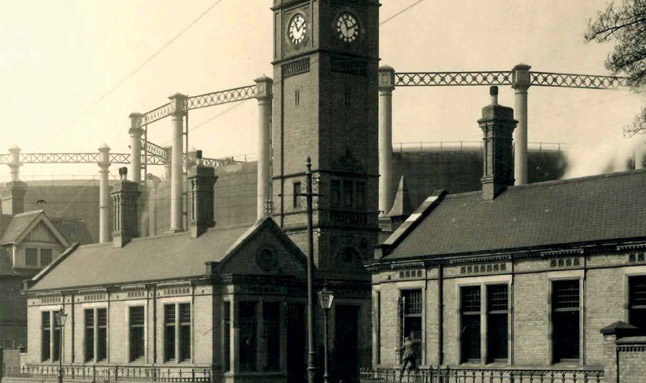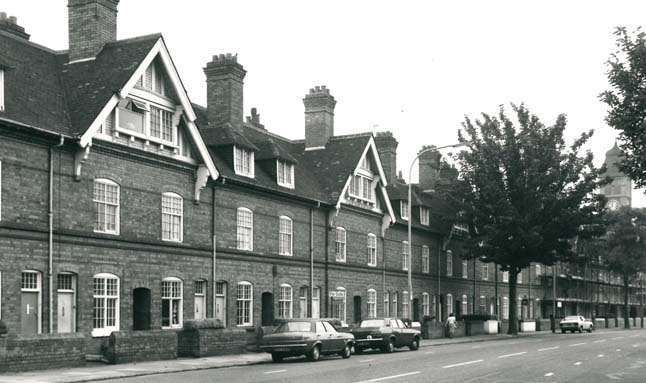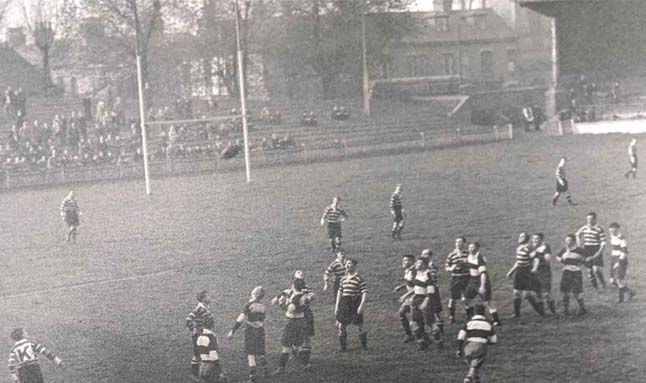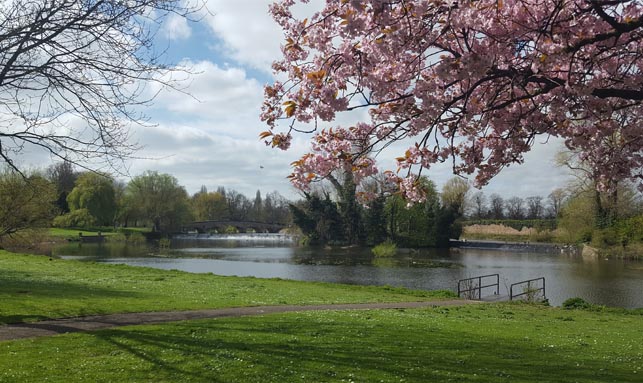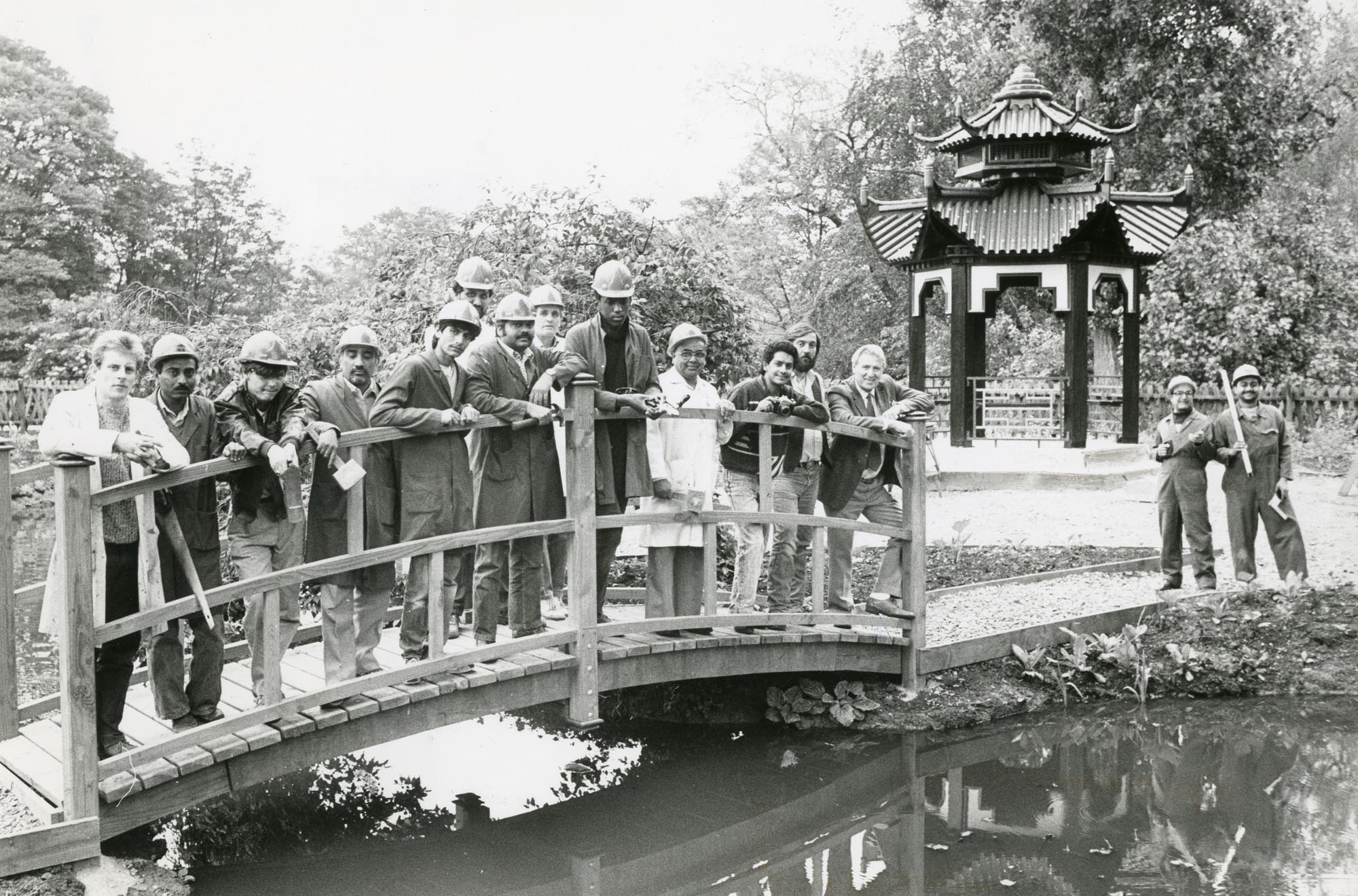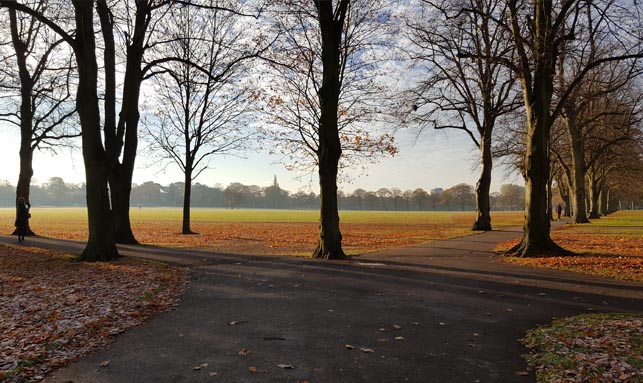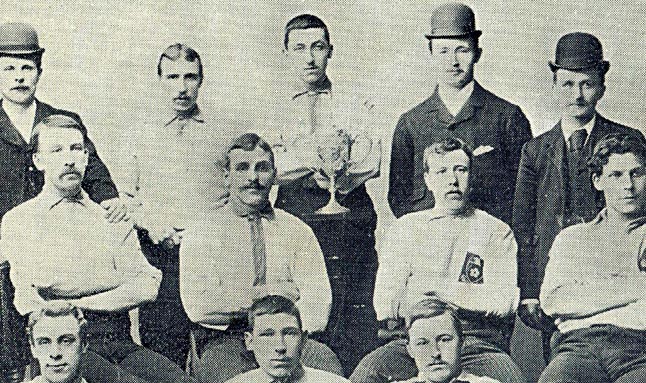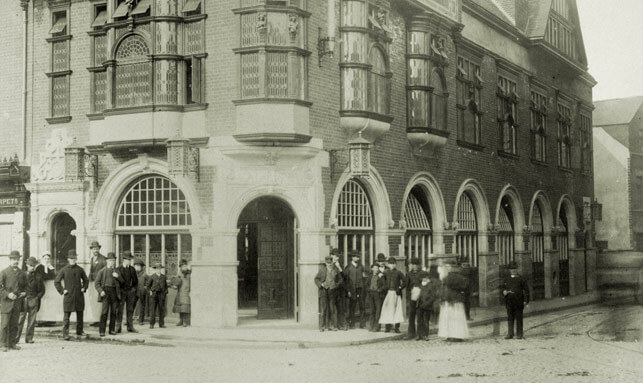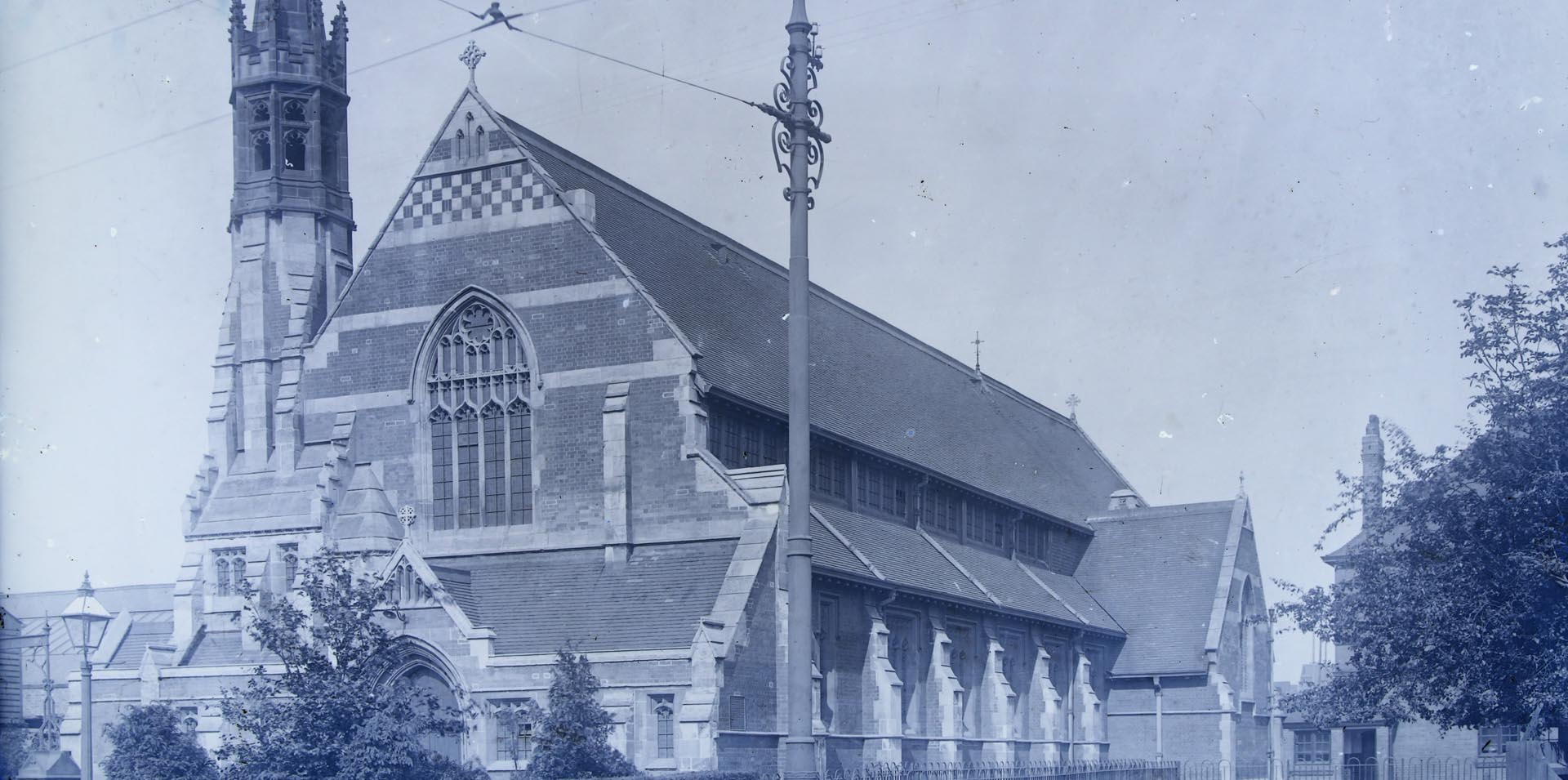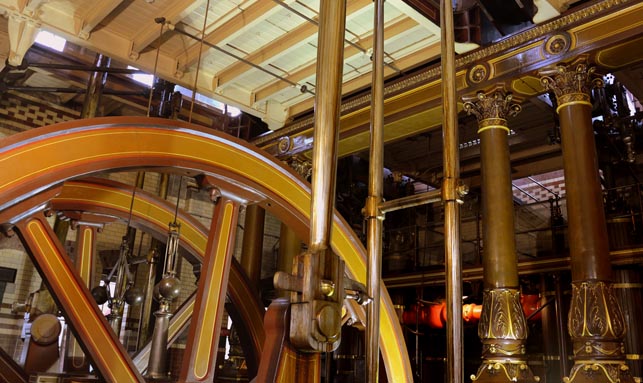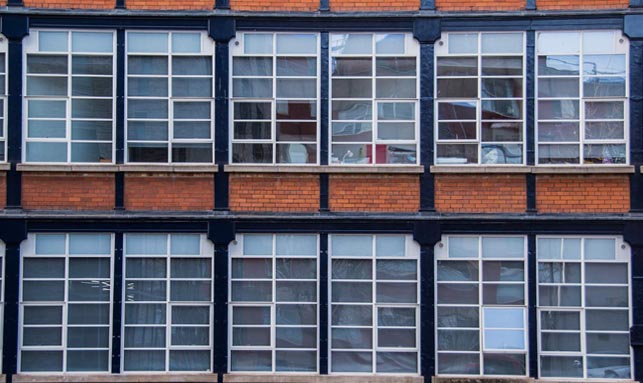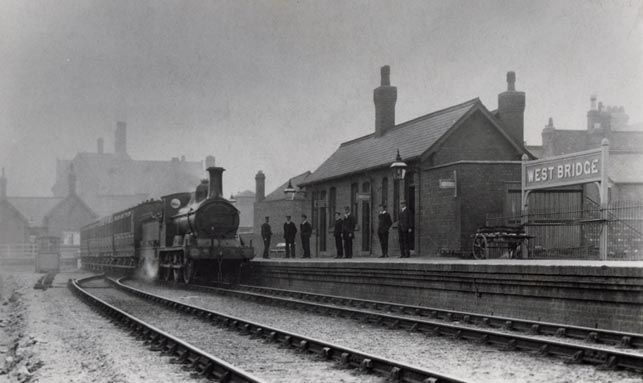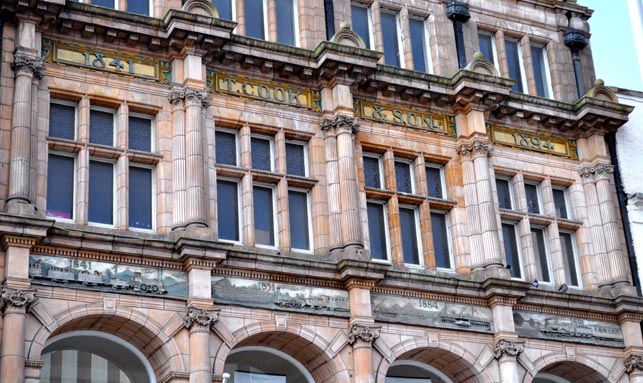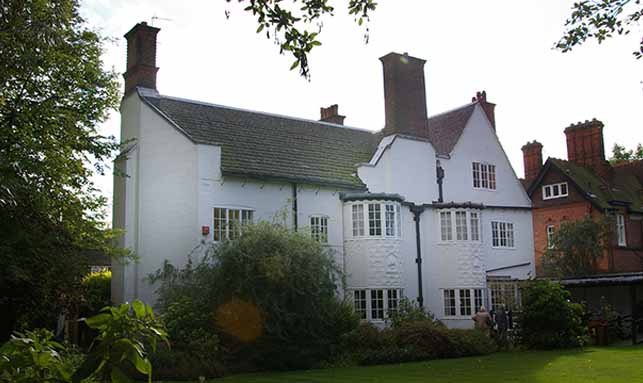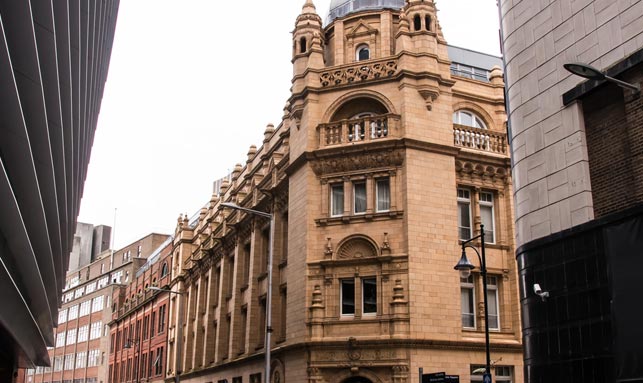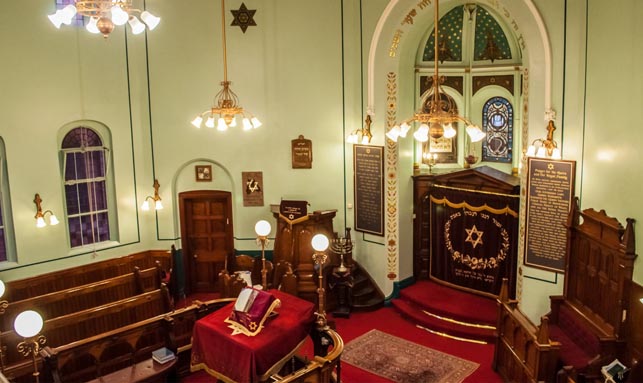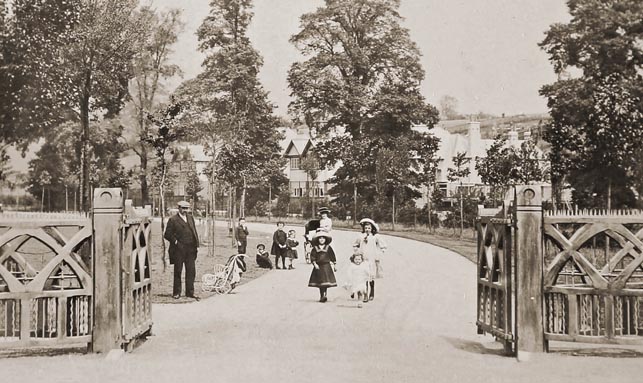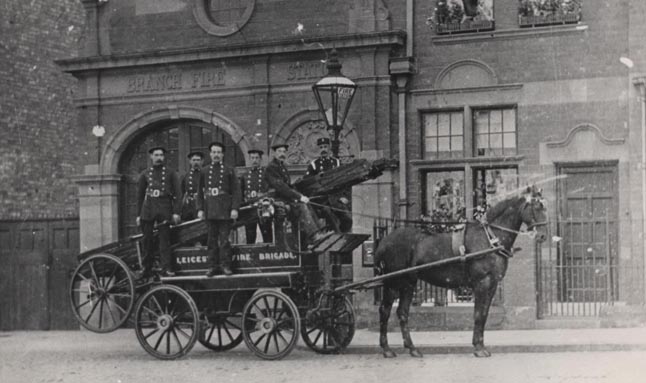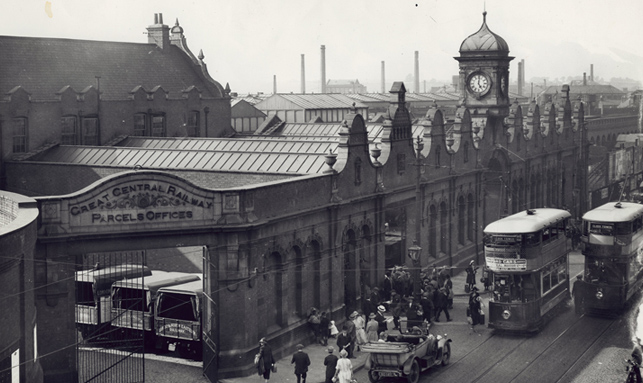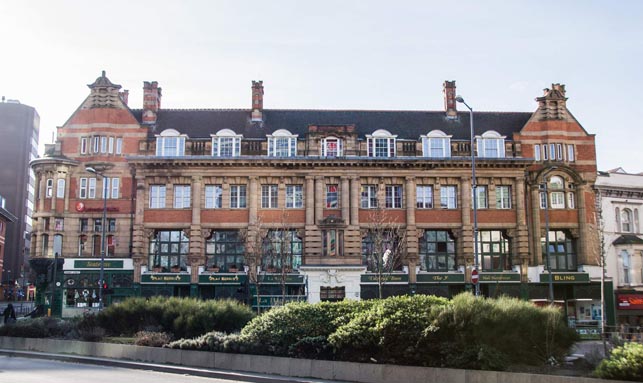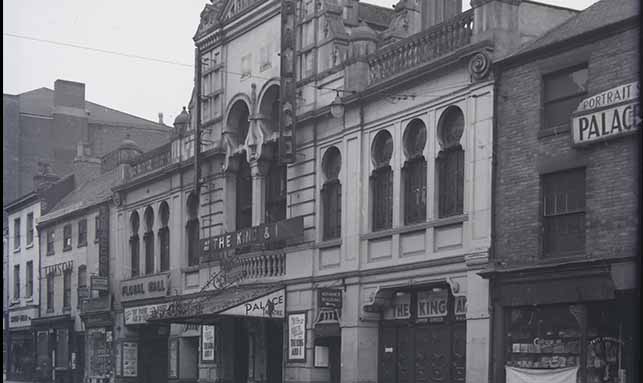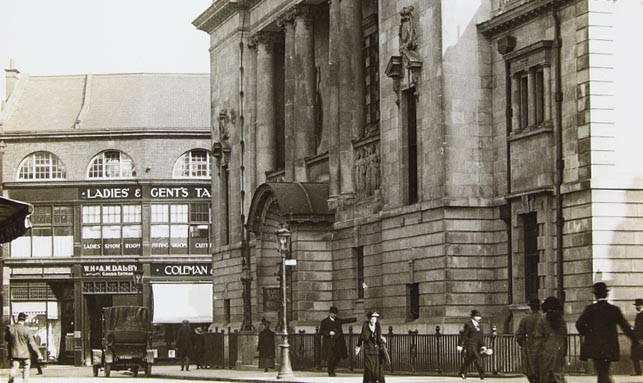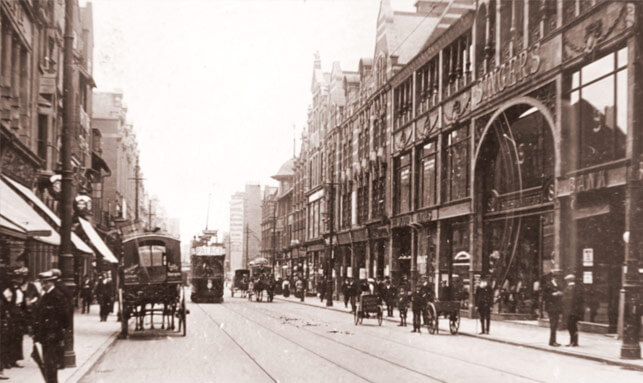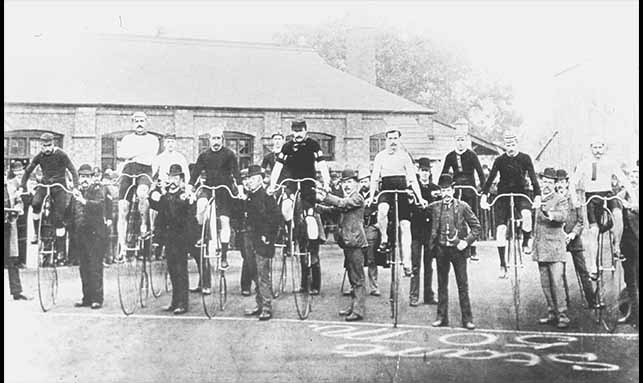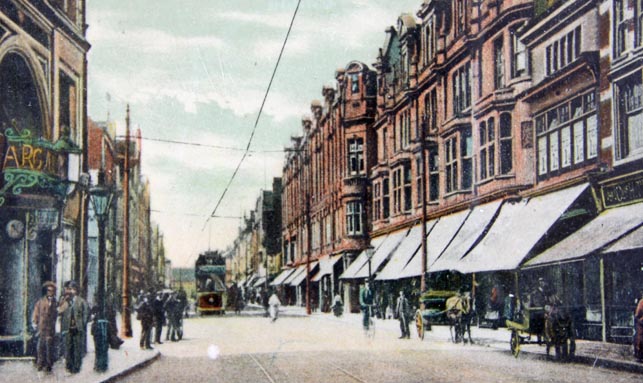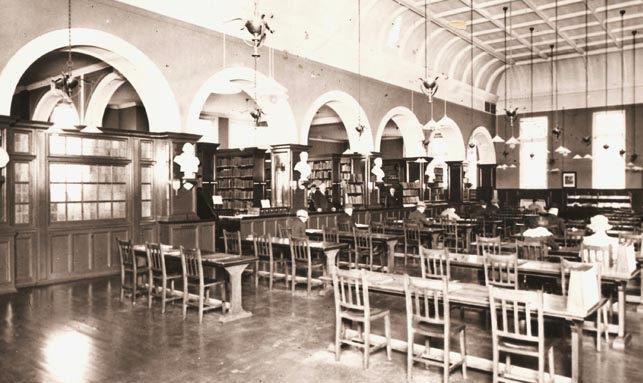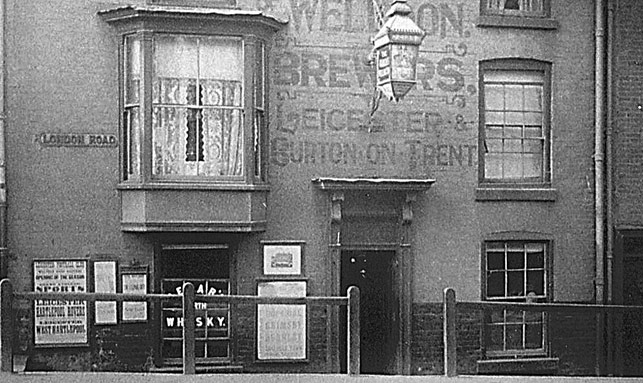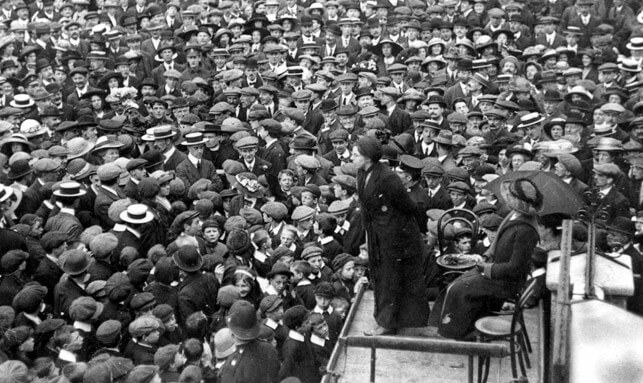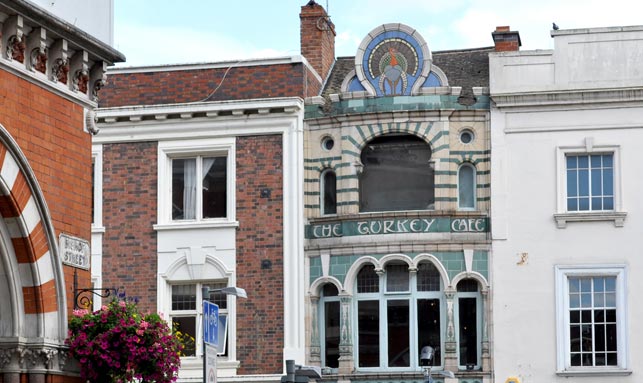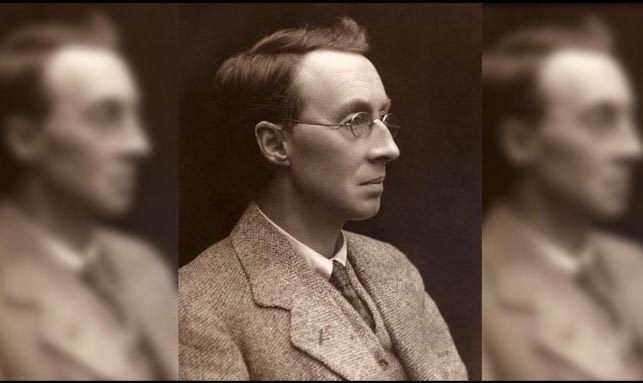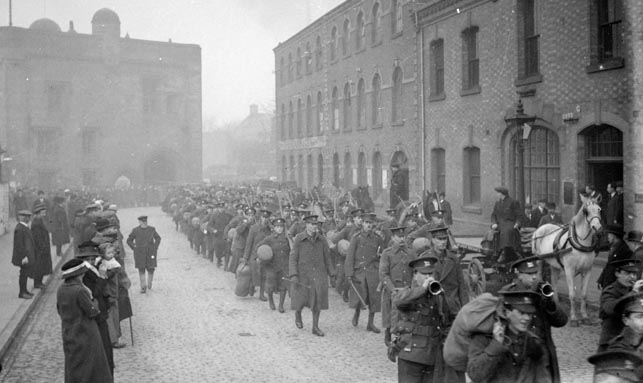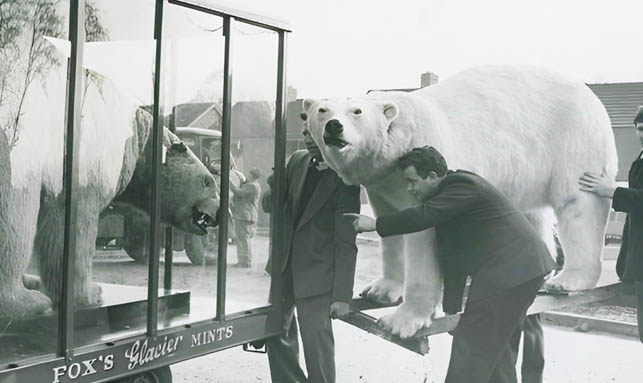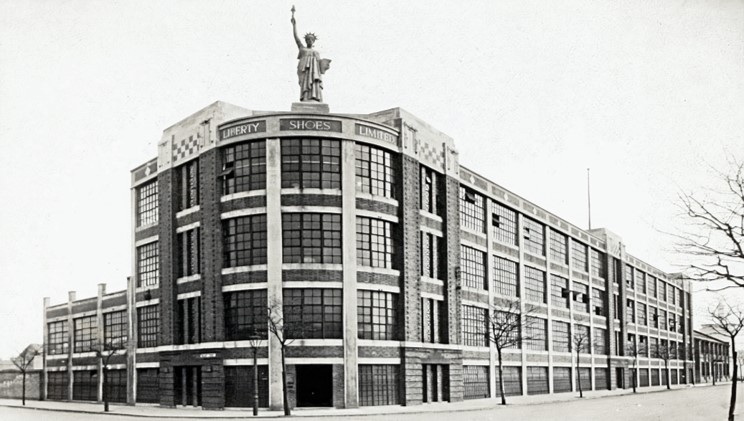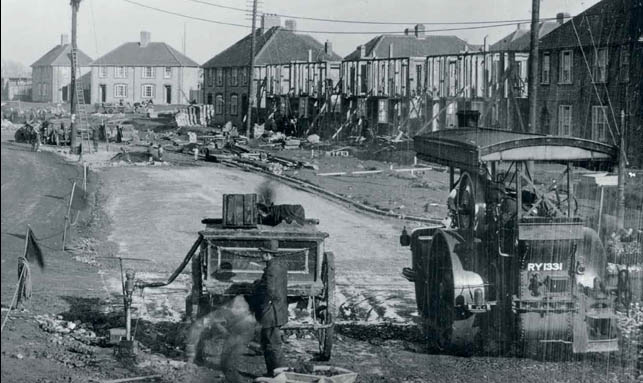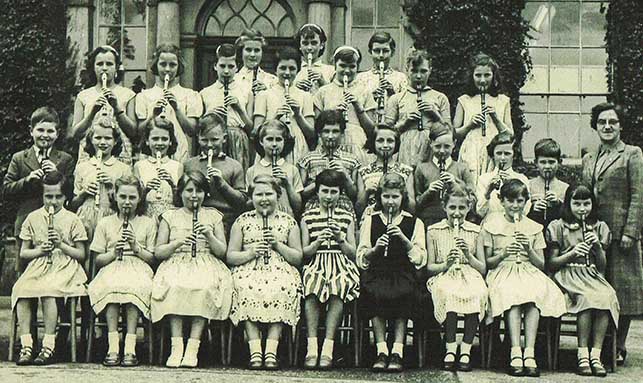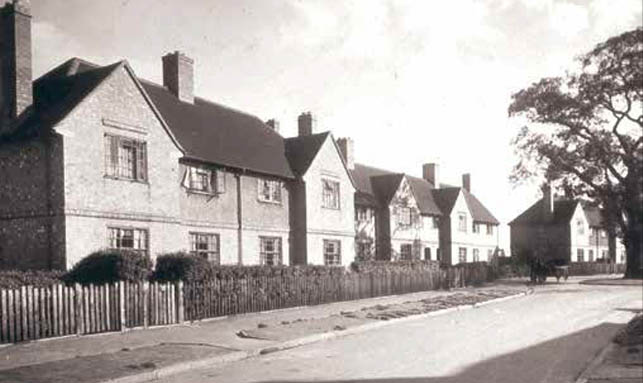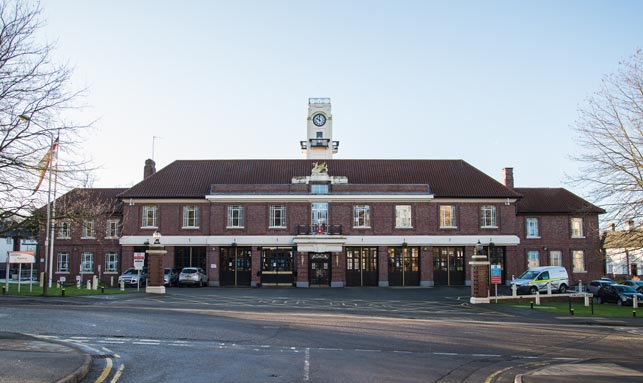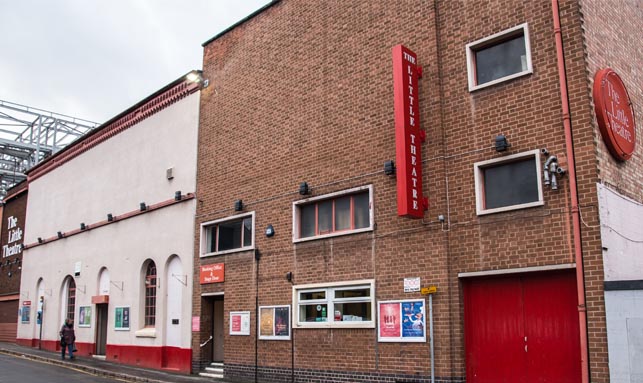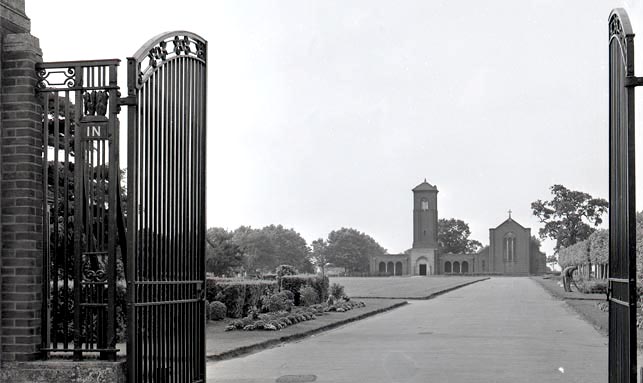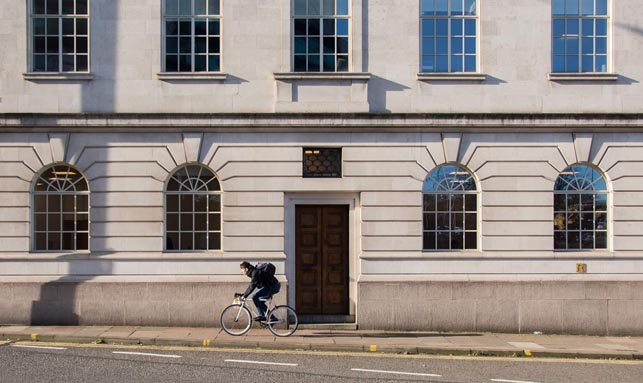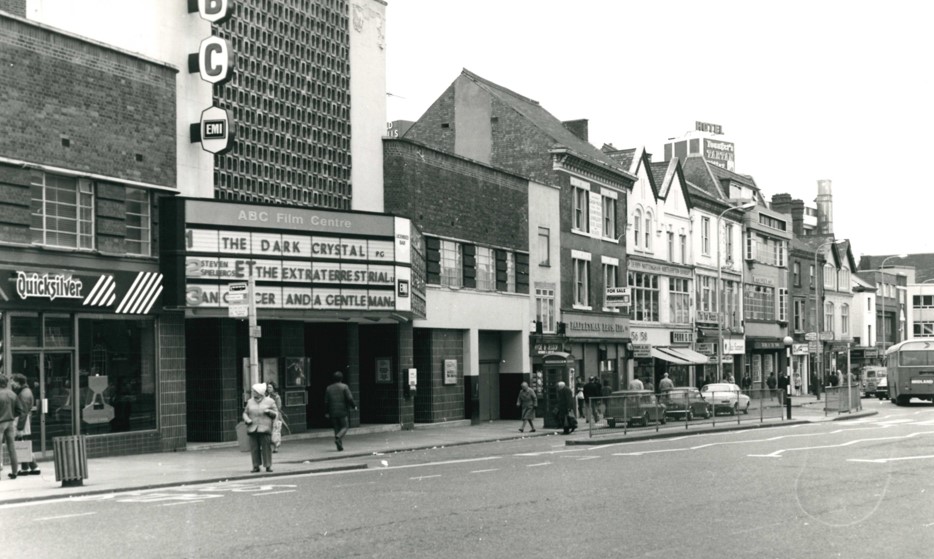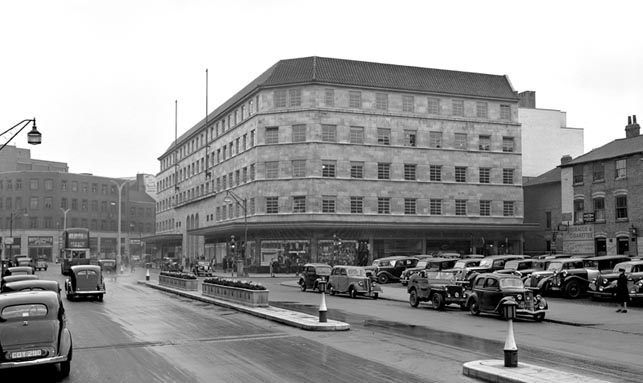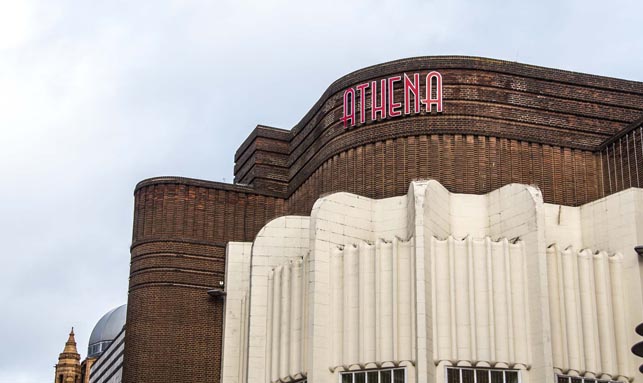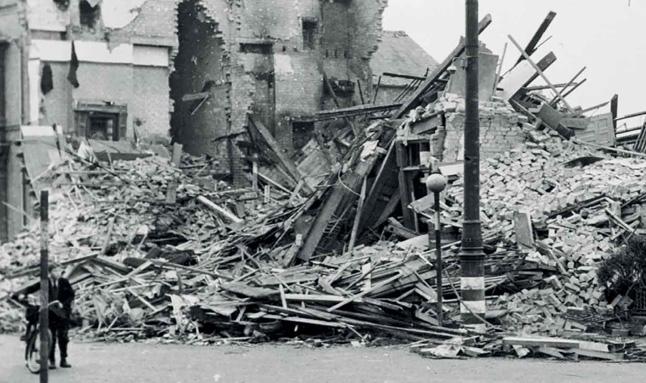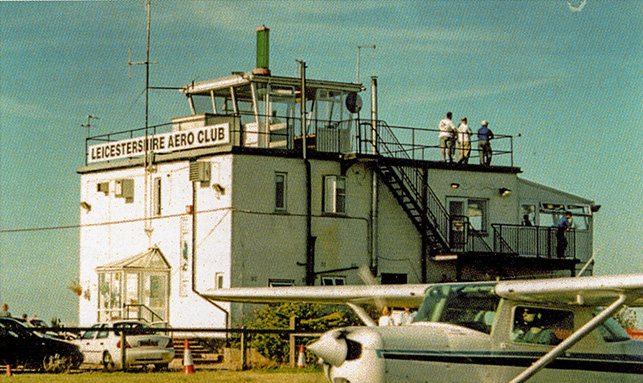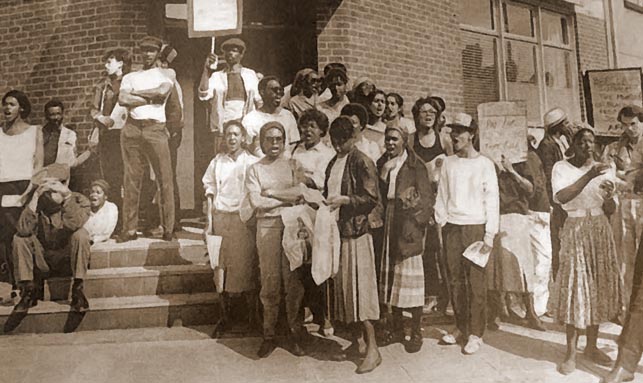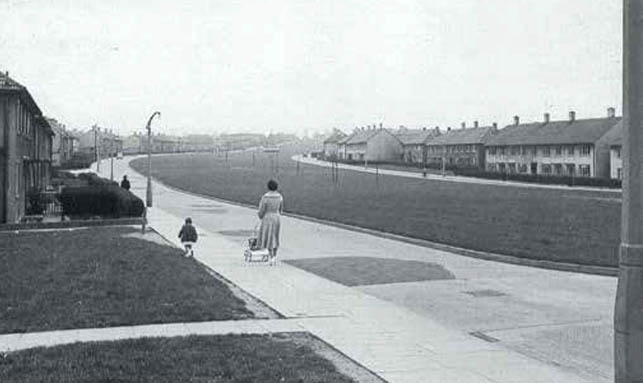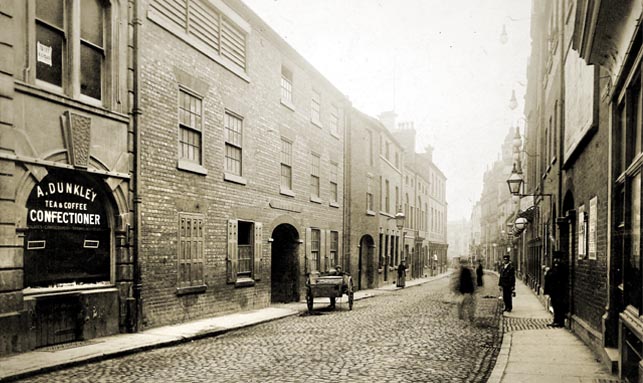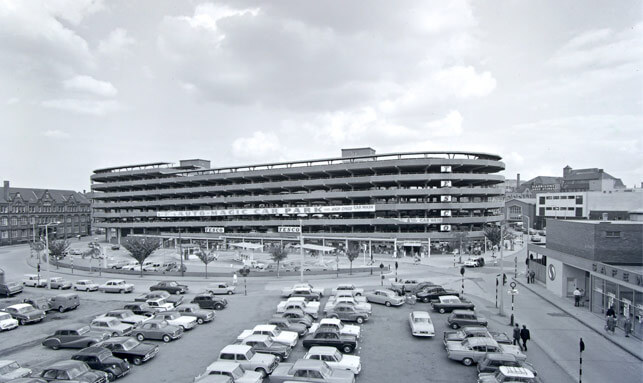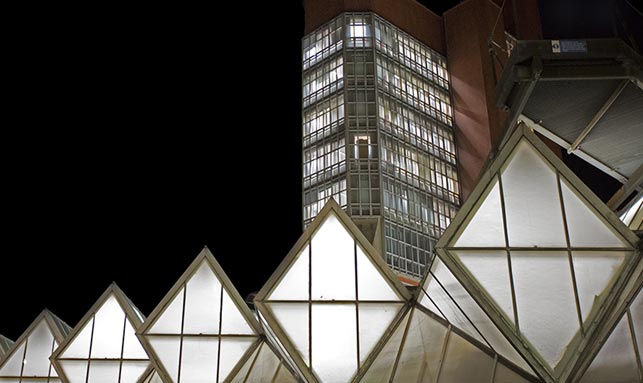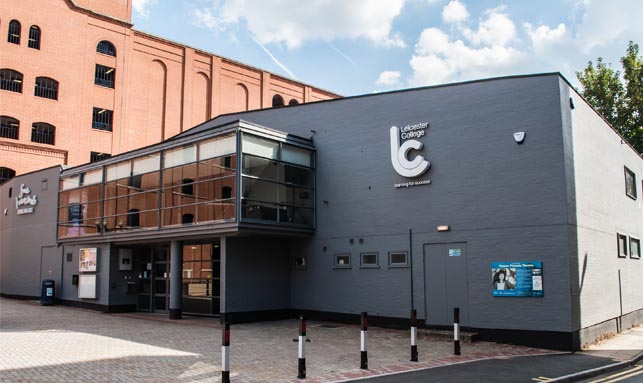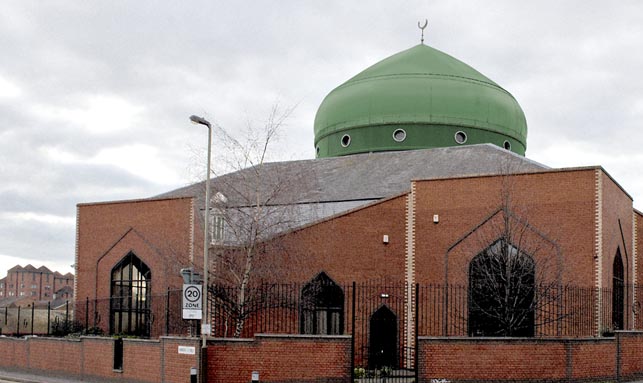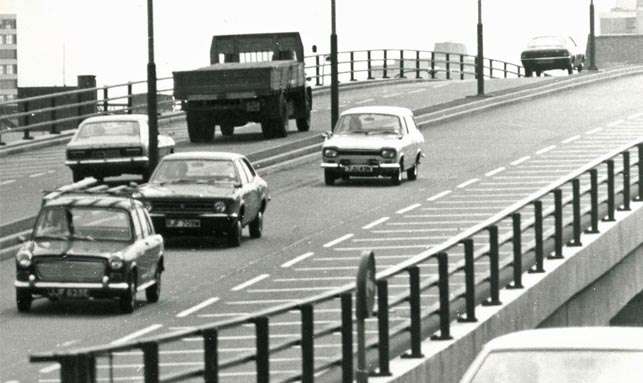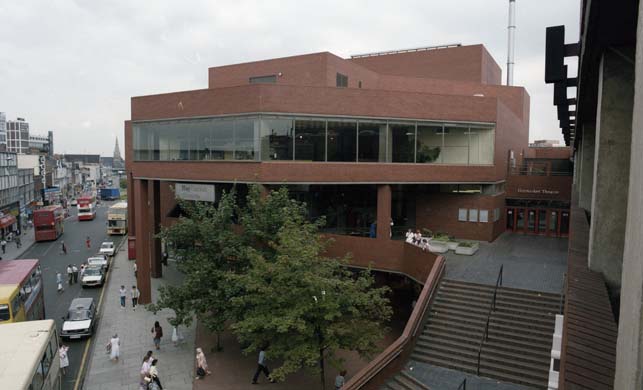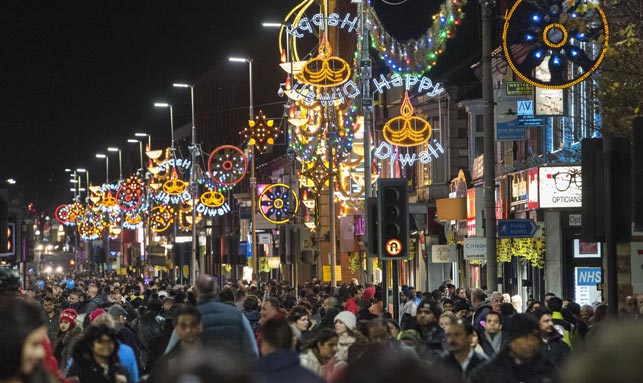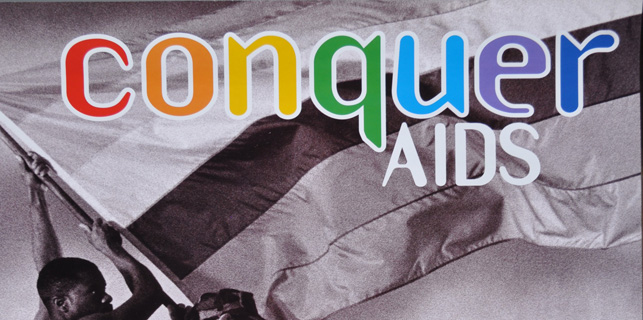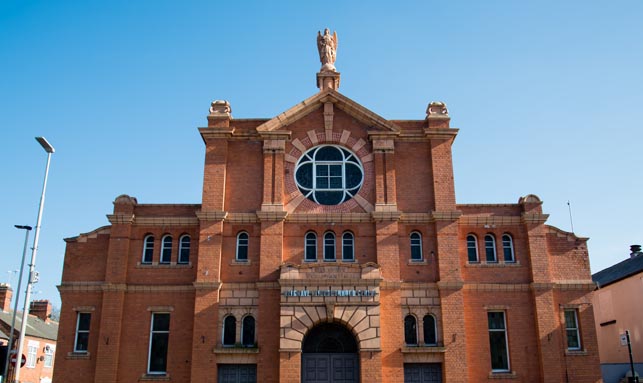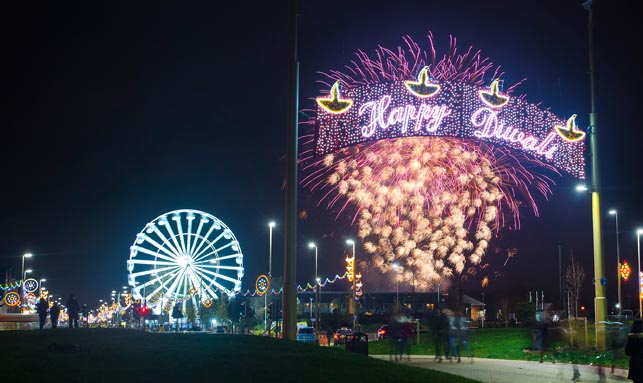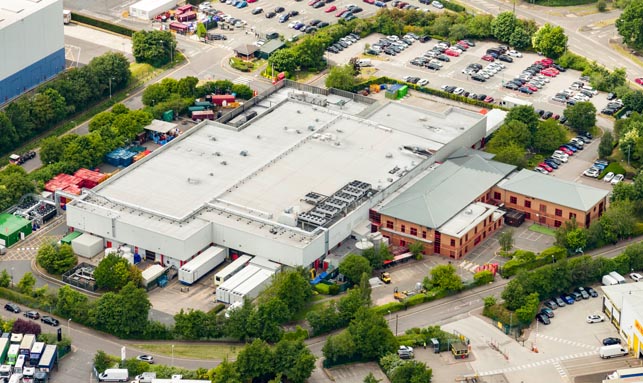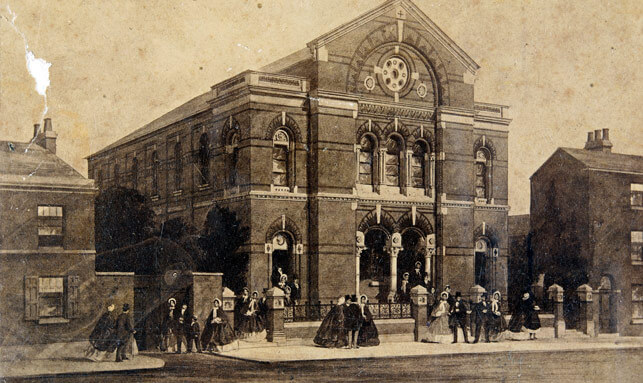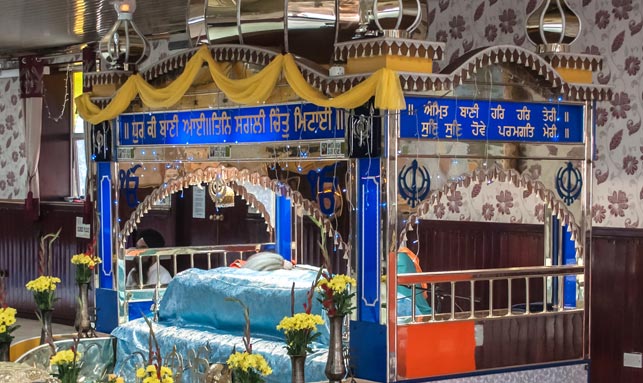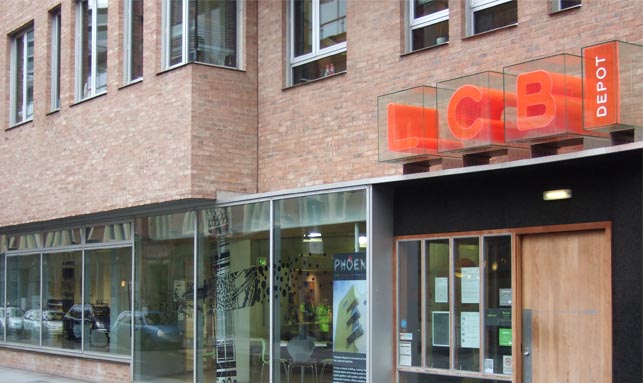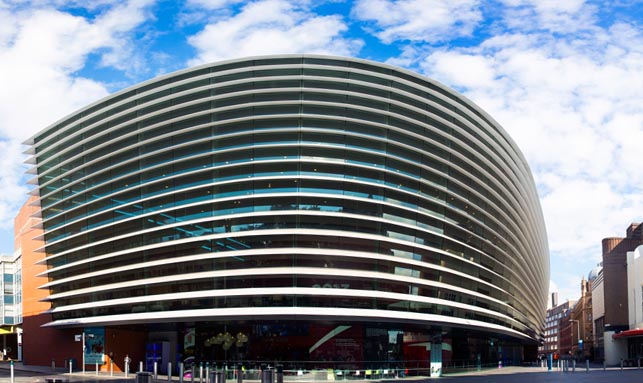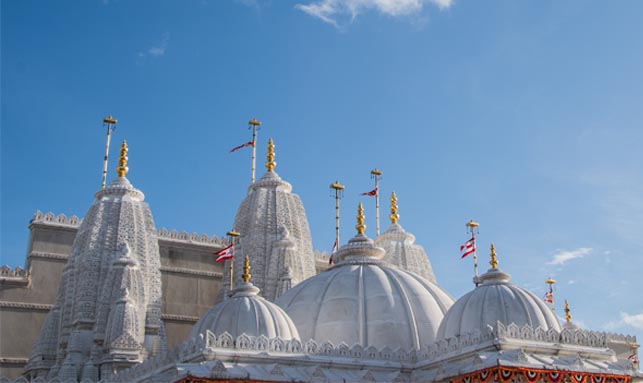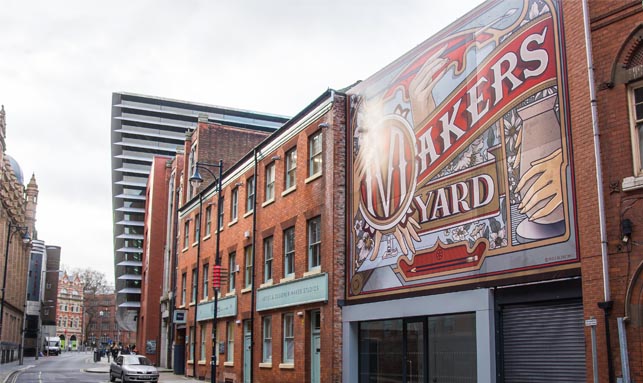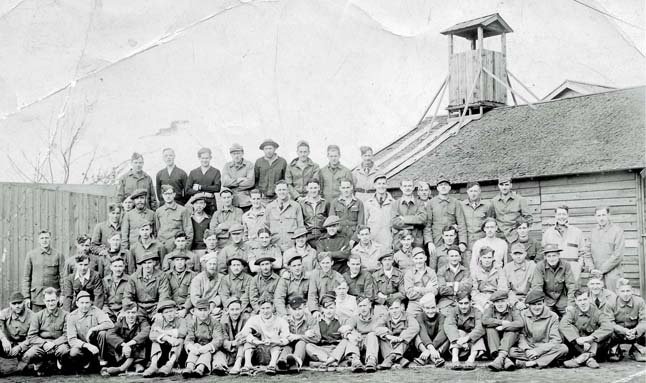- The HMT Empire Windrush arrived at Tilbury Docks on 21 June 1948
- Most of the passengers on board (802) came from countries in the Caribbean, including the islands of Jamaica and Trinidad
- The passengers travelled to the UK to work, helping to fill post-war labour shortages and rebuild post-war Britain
Who are the Windrush Generation?
The term Windrush Generation refers to all the people who arrived in the UK from Caribbean countries between 1948, when the Windrush arrived, and 1971.
They came to the UK to work, invited by the UK government to fill post-war labour shortages and help rebuild the economy.
Many of those who made the journey had served in the British armed forces during the war. Some were skilled mechanics, carpenters, tailors, engineers, welders and musicians, while others were ready to drive the UK’s buses and trains, or take jobs in the newly-created NHS.
On arriving in Leicester, many settled in Highfields, close to the train station, where housing was plentiful.
But despite coming to the UK at the invitation of the government, life was hard for the new arrivals. Racism was rife and everyday life was often a battle.
Find out here about some key figures from the first Leicester Windrush Generation and also their descendants, many of whom have had to overcome significant barriers to become prominent figures in their fields of work.
Windrush Trailblazers
Persefene Thomas
- Born in Antigua and moved to Leicester when she was 13 years old
- Community leader
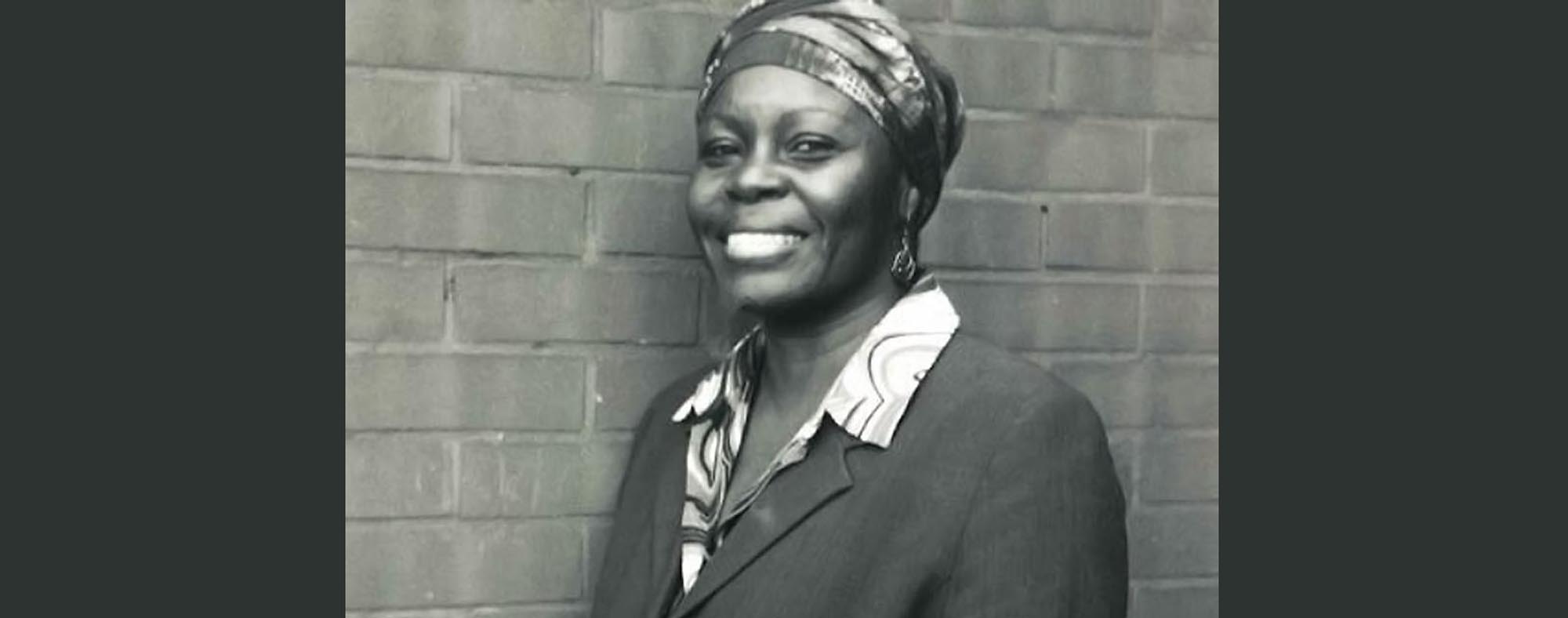
From the early 1970s Persefene led many community projects. She founded local initiatives including the Talking Blues programme and the Grassroots Dance Group. She also founded the Caribbean Women Circle and the Women and Jobs Employment initiative. Persefene developed the Black Female Prisoner Support Scheme and was Chair of the African Caribbean Support Group.
Her wish for the African Caribbean Community in Leicester was “Black women embrace your sons; Black sons embrace your mothers for there is none mightier than she”.
Pam Campbell Morris
- Born in UK, spent her childhood in Jamaica
- Award winning campaigner
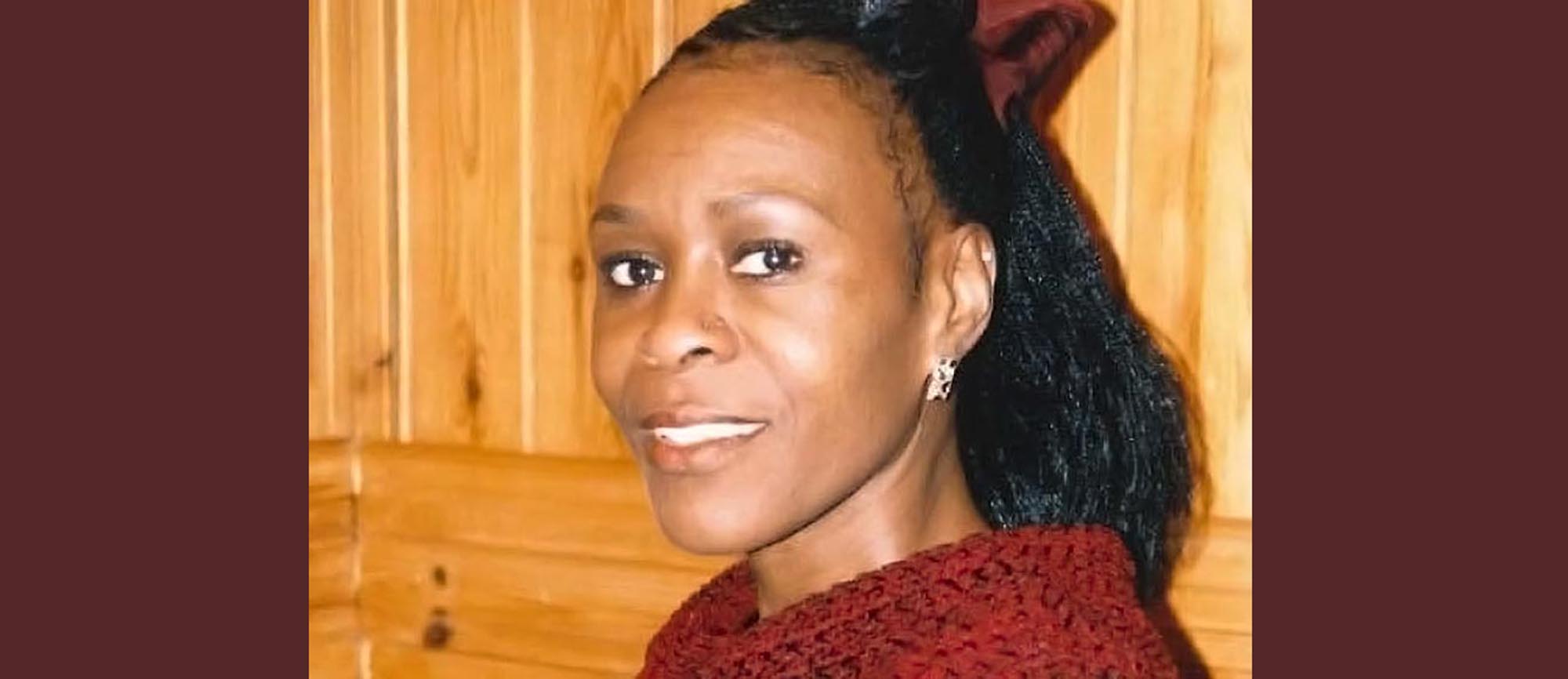
Pam Campbell was Born in the UK in 1958 but moved to St Catherine Parish, Jamaica as a child. She returned to the UK to pursue a career in nursing and settled in Leicester when she was 20 years old. Pam embraced Leicester’s Caribbean community, founding its leading Carnival Troupe, ‘Bumpa Crew’, in the early 1990’s before joining the board of directors at Leicester Caribbean Carnival.
Through the Domino Talk Prostate campaign, Pam’s tireless work raising awareness of prostate cancer within the African Caribbean community earned her the ‘Outstanding BAME Female Leader 2020’ at the East Midlands Women’s Awards.
Laurel Aitken
- Started performing in Jamaica in the 1940s
- Made Leicester his home in 1970
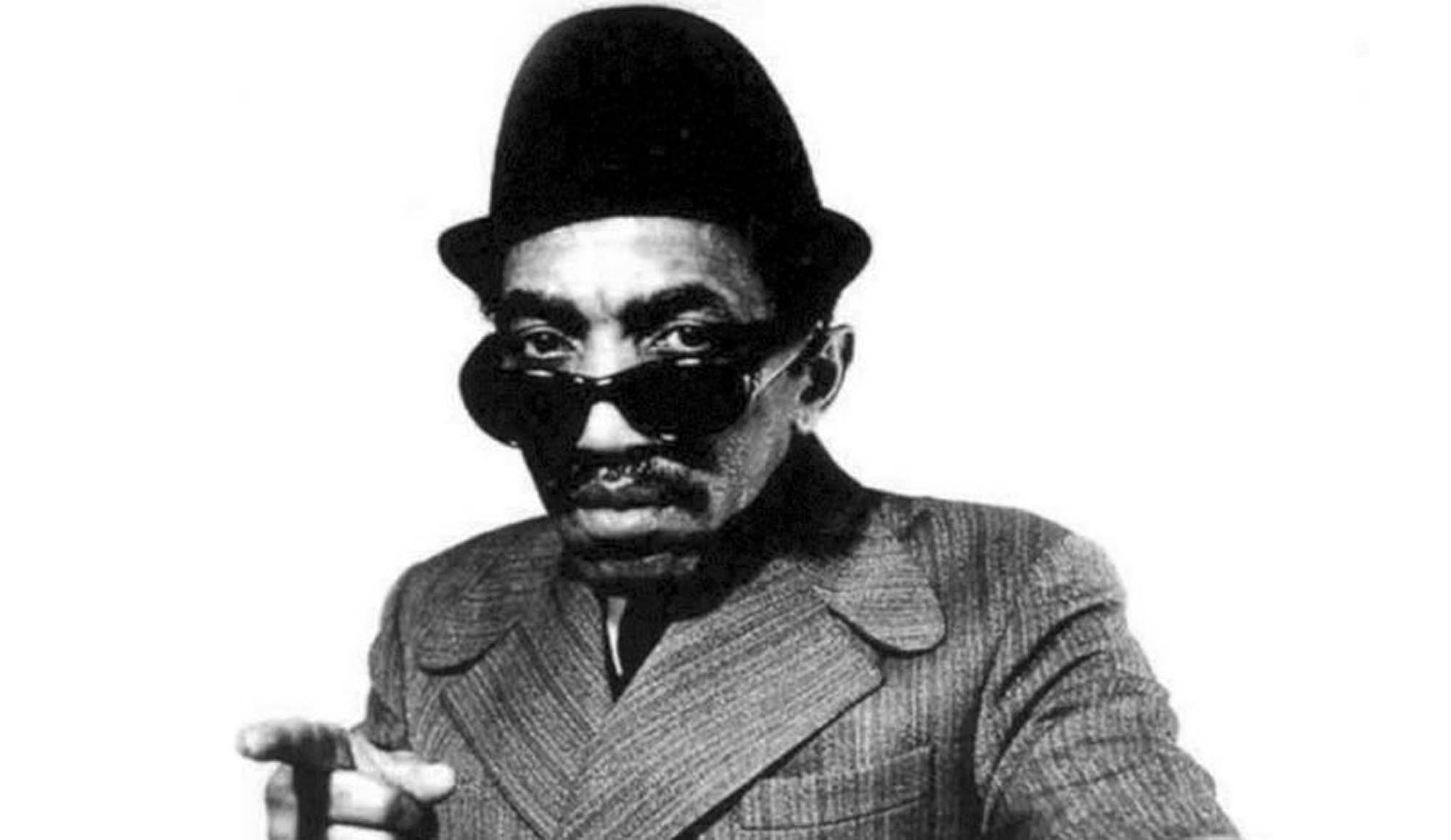
Lorenzo “Laurel” Aitken was born in 1927 to Cuban and Jamaican parents. He started performing as a musician in Jamaica in the 1940s and made his first recording for Jamaican Mento tunes in the 1950s. Laurel emigrated to England in 1960 and made his home in Leicester in 1970. Known as “the godfather of ska”, his music was celebrated by the West Indian community, mods, skinheads, and other ska fans.
Mr & Mrs Wint
- Met and married in Jamaica
- Both worked in Leicester
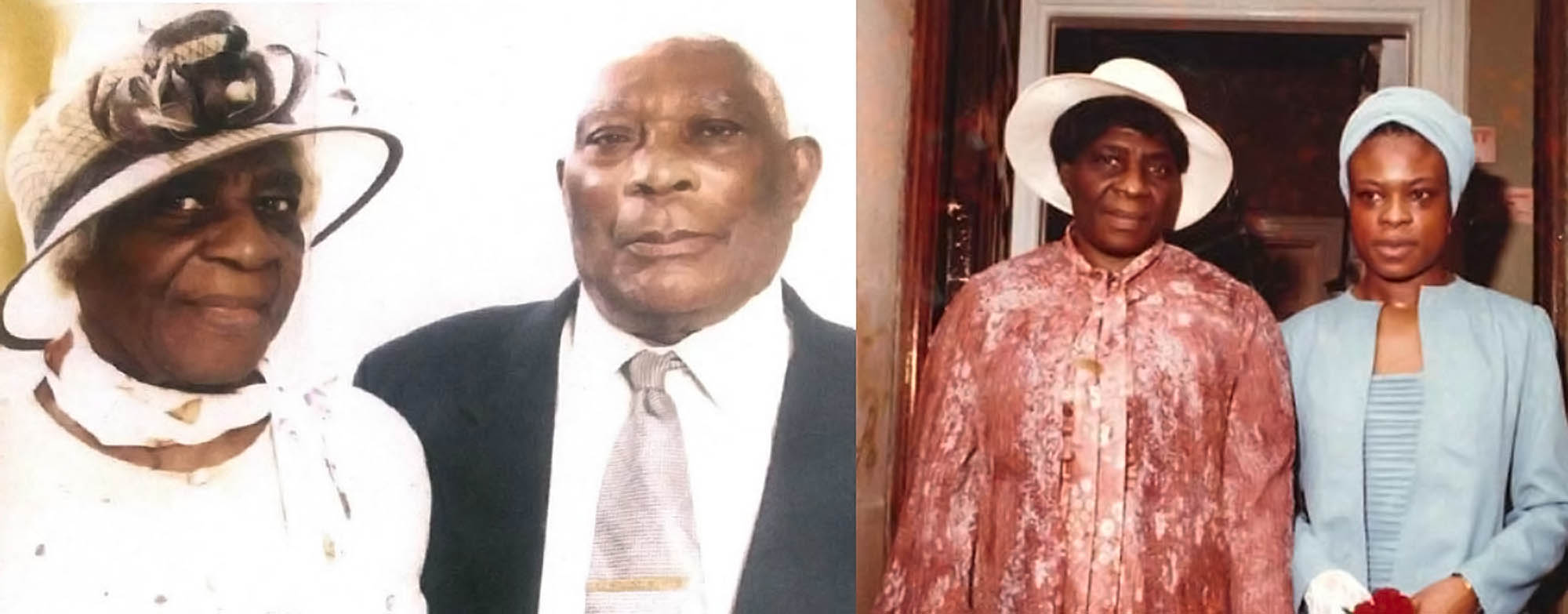
Mr Vincent Oliver Wint was born in Manchester Parish of Jamaica in 1919 where, in 1946, he met and married his life partner Nerissa. Vincent was a farmer by trade but also worked on the Panama Canal with the US army and in Cuba where he learned Spanish.
In 1956 Vincent and Nerissa moved to England with their four children. Once settled, Vincent worked as a machine operator constructing the M1 motorway and would often remind people of this in later years. Nerissa later worked at John Bull, a rubber factory in Evington Valley Road, where, though the work regime was arduous, she remained until she retired.
In the early 1970s their daughter Hajar and her then husband Tyrone Zampaladus were founder members of the Youth Foundation, a youth hostel that supported young black people across Leicester. Youth Foundation went on to become Foundation Housing Association.
Elvy Morton
- Travelled from the island of Nevis to the UK in 1958
- Founder of the Leicester Caribbean Carnival
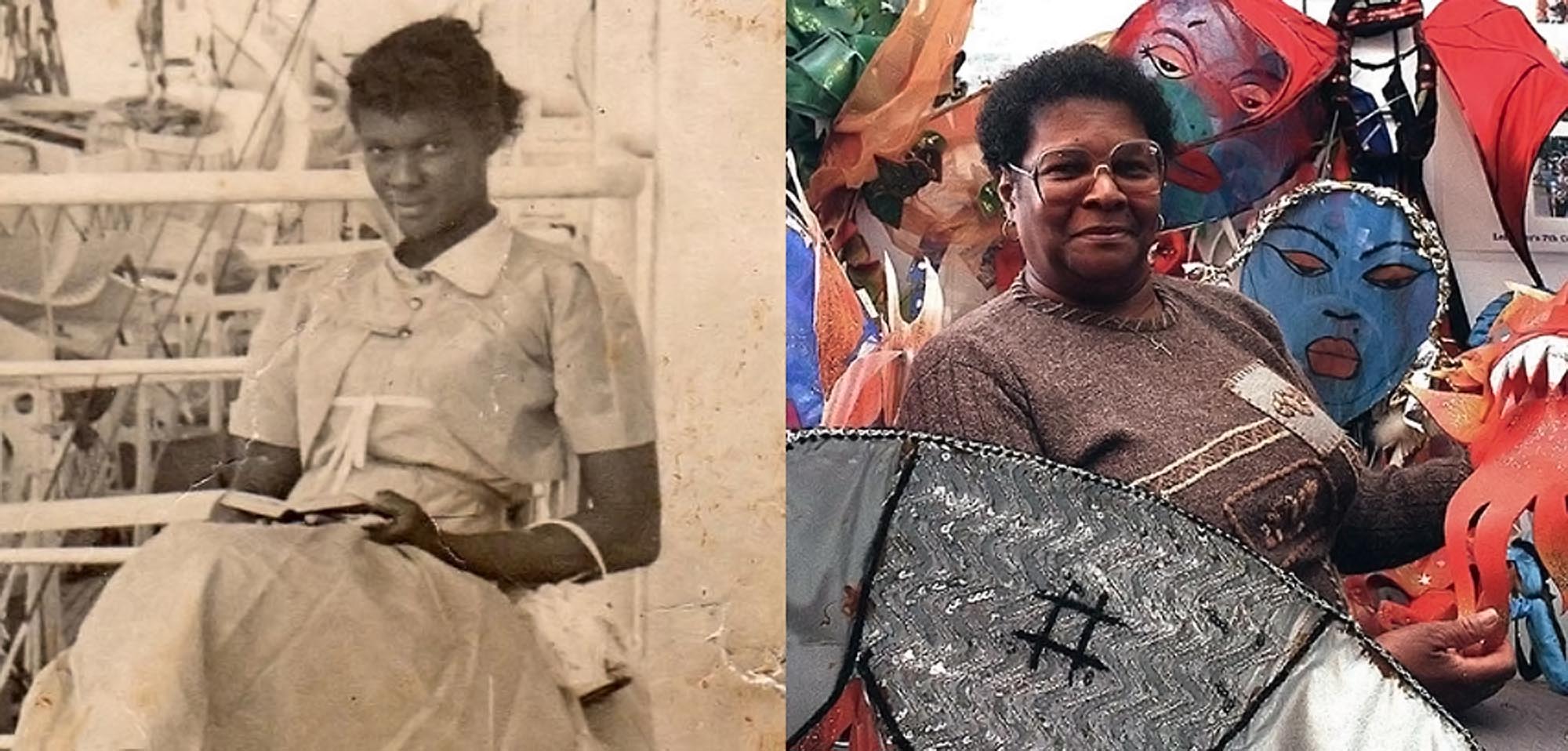
Following racial tensions in Leicester and other English cities in the early 1980s, Elvy Morton, with a small group of Caribbean people from the Highfields area, founded the Leicester Caribbean Carnival. The aim was to promote togetherness and integration and to inspire artistic expression and cultural understanding for all the people of Leicester.
The first Caribbean Carnival held in Leicester was on the 1st August 1985 and for many years was the largest UK Caribbean Carnival outside of London.
Dennis “Sugar” Christopher took on the role of Chair after Elvy Morton retired and has continued to organise the annual Leicester Caribbean Carnival on Victoria Park.
Adrian Hinds
- Creative Director of Pink Lizard
- I was born in Britain and grew up in Leicester
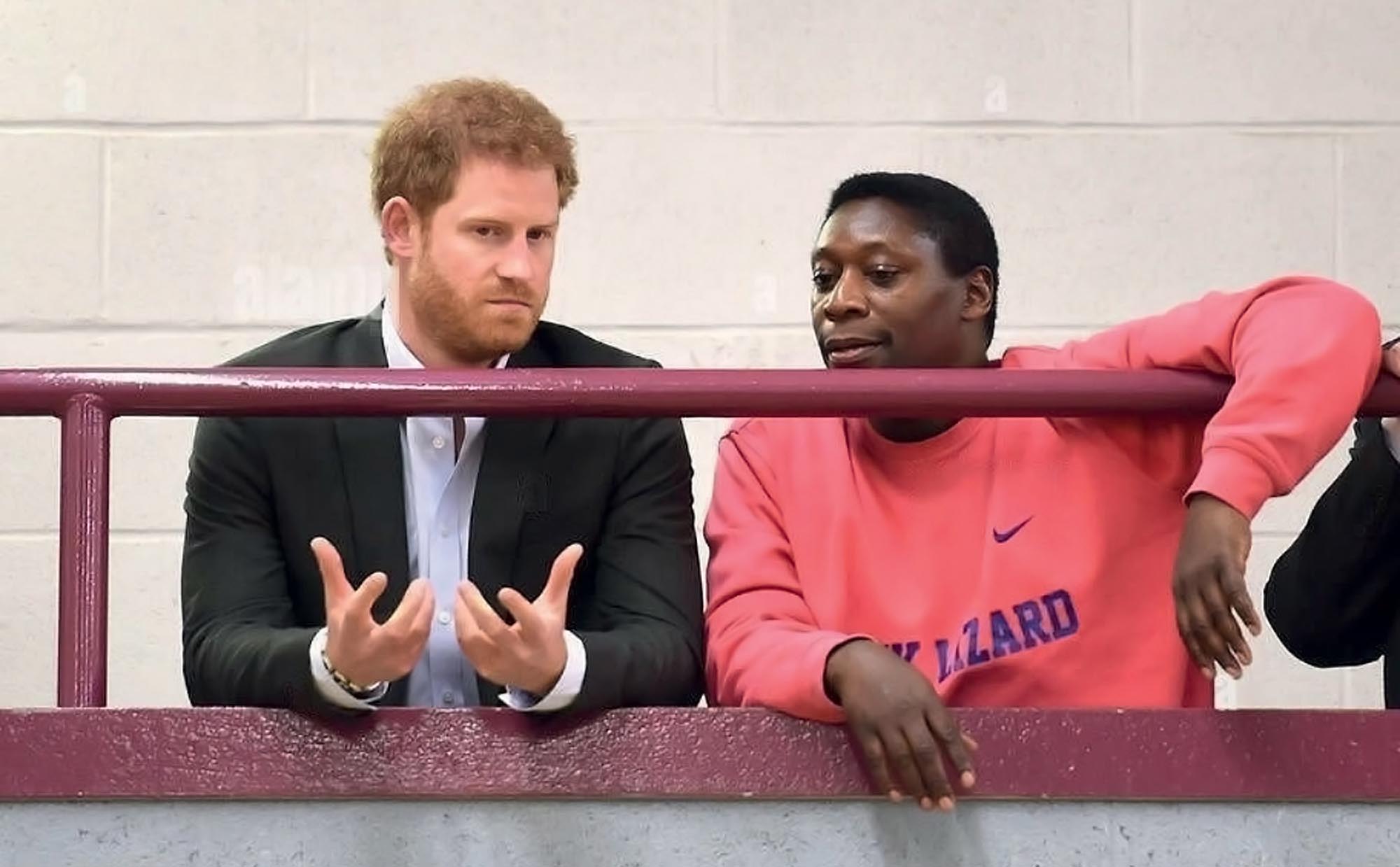
My parents arrived from St Lucy and St Michael, Barbados in 1956 Dad was a qualified engineer and mum was a nurse.
I work for the Saffron Young Peoples Project on a detached youth work project. Here we reach out to young people on the streets and help them by signposting to different support initiatives.
In 2011 I created Pink Lizard, a youth community project. In 2017 we had a visit from Prince Harry who congratulated us on the hard work we had done in the city.
Marcus Joseph
- Saxophonist
- I was born in Britain and grew up in Highfields
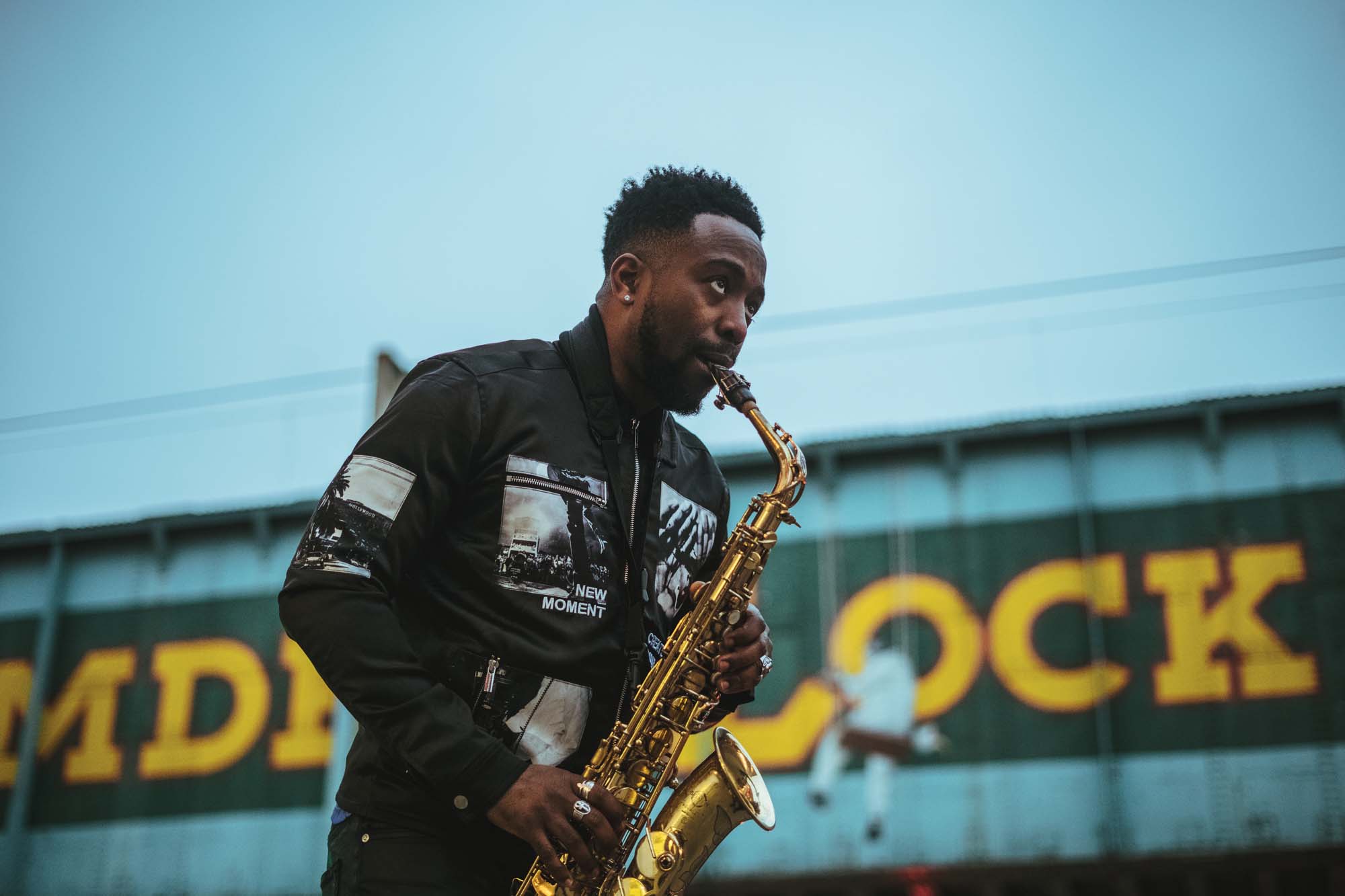
My grandparents arrived in Britain in the 60s from Jamaica and Antigua My grandad worked in a factory, whilst my grandma was a cleaner.
My inspiration for the saxophone came from a family friend called Mark Bunny and a sax player from Birmingham, Soweto Kinch, that I saw MCing and playing the sax. That’s when I realised you could do both.
I got signed by a label, Jazz Re:Freshed, who released my debut album ‘Beyond The Dome’. My first EP was ‘Real Talk’. I’m also part of a band called Major Ruse.
Corey Trevor
- BBC Radio Presenter Actor/Barber
- I was born in Britain and grew up in Leicester
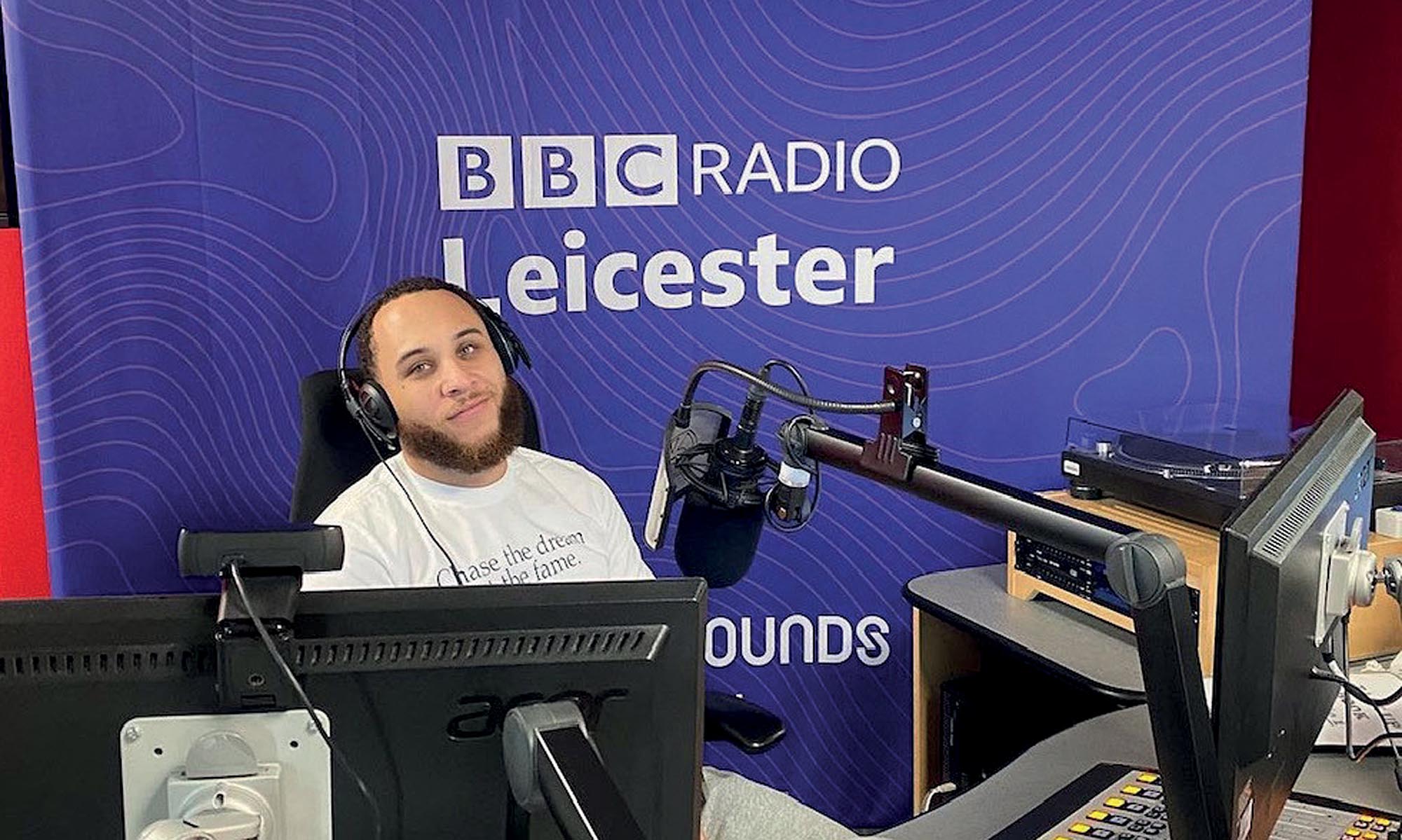
My Caribbean grandparents arrived in Britain from St Kitts and Nevis. My grandad came first and then my nana followed with the children in 1968.
I was thirteen when I started working in a barbershop sweeping up hair. Now I have my own business as a barber. I still act as and when work comes; it’s just a tough industry to crack. I worked in radio as a volunteer and now I’m a presenter on Radio 2Funky and work at BBC Radio Leicester.
I “deliver” haircuts to people - it’s the way forward. I own a barbershop on wheels and drive around the city to people’s houses. It’s convenient for them.
Ainsley Neckles
- Co-Founder of BOx
- I was born in Britain and grew up in Leicester
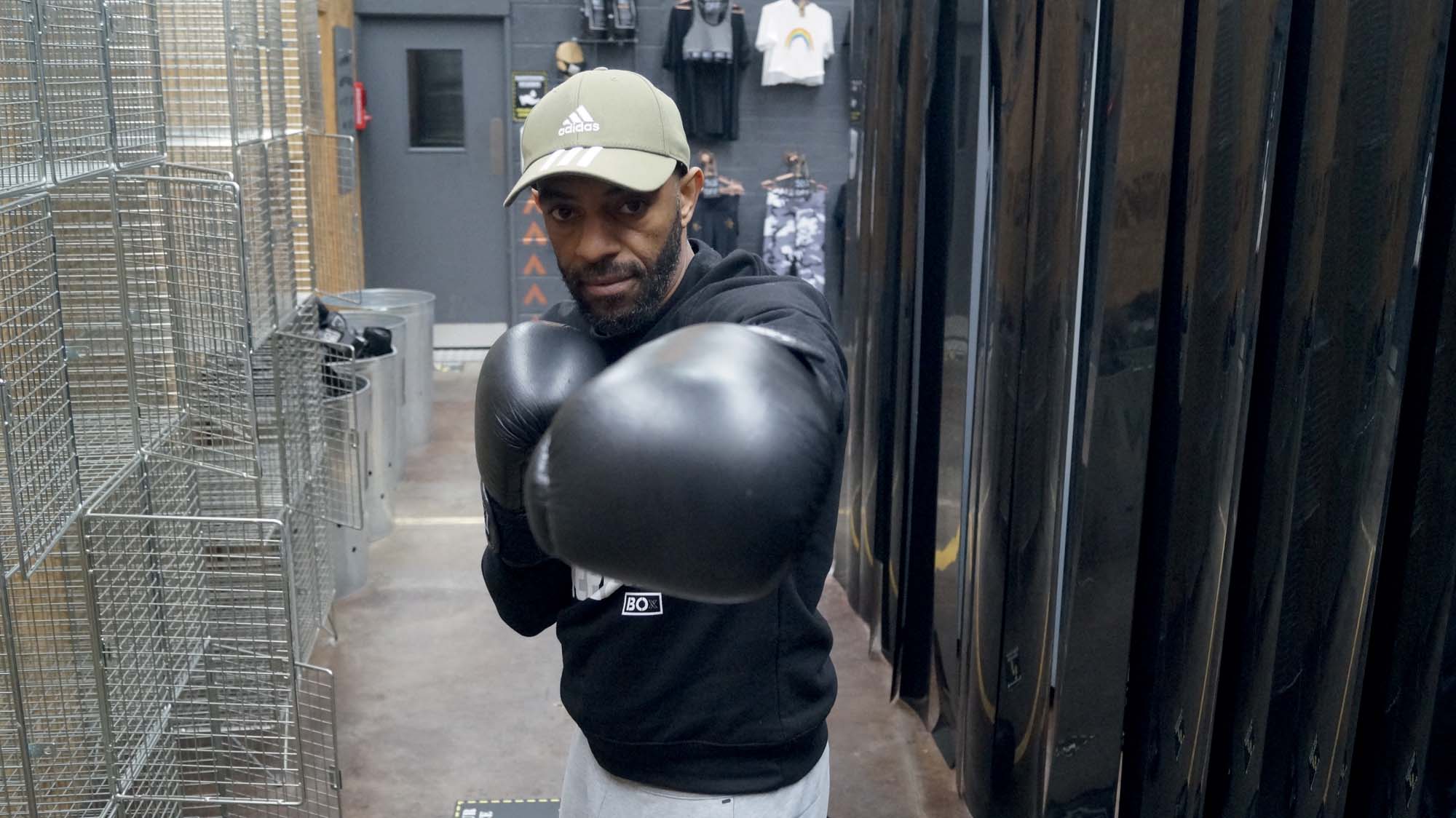
My grandparents arrived in the 60s. My mother’s parents are from St. Vincent and Grenadines, whilst my dad’s parents are from Montserrat. My grandad on my dad’s side used to work for Walkers Crisps. He worked hard there for over 27 years.
I became a Personal Trainer; I got a friend to help with a website and started working for myself out of my garage.
My wife and I opened ‘BOx’ Studio in Loughborough in February 2017. BOx offers a variety of classes from kettlebells to yoga, all under the “BOx umbrella”. We’ve been going for five years, have two studios and two coffee shops called ‘BOx Kitchen’. We’re now selling the business as a franchise to get BOx’s all over the country!
Brian Simmonds
- Community Activist - Founder of Leicester’s Black History Consortium
- I was born in Britain and grew up in Birmingham
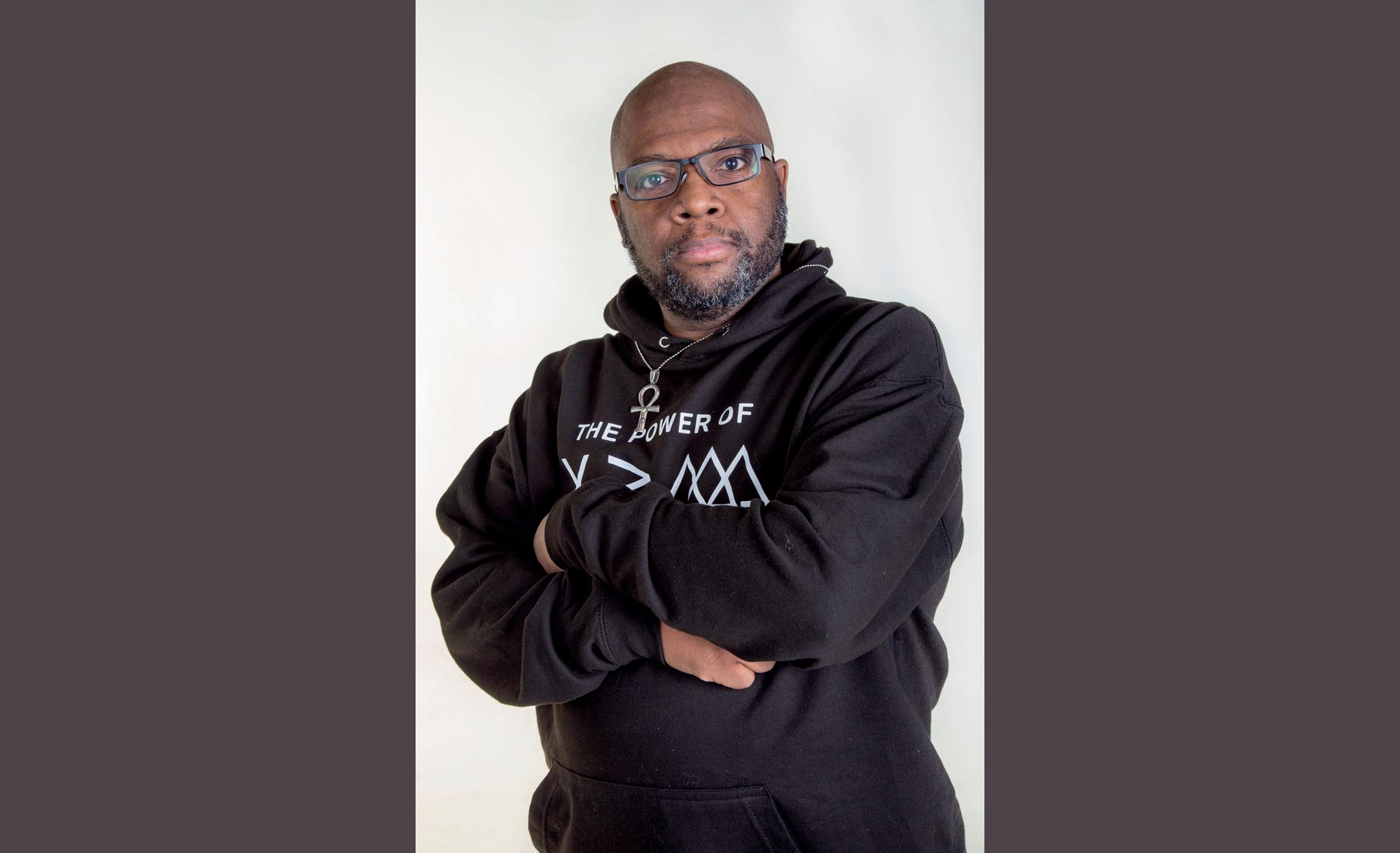
My parents arrived separately, my father is from St. Kitts, and my mother is from Montserrat. My father came with his grandfather in 1961, and my mother came around 1962.
Now I am a Senior Youth Advocate for the Youth Offending Service. I’ve been in Leicester for 22 years. I started working in schools as a senior mentor.
My main thing is empowering our community, putting on events, engaging people, supporting organisations and understanding the terms of the power we have and the power we can create.
Naji Richards
- Music Producer
- I was born in Britain and grew up in Leicester
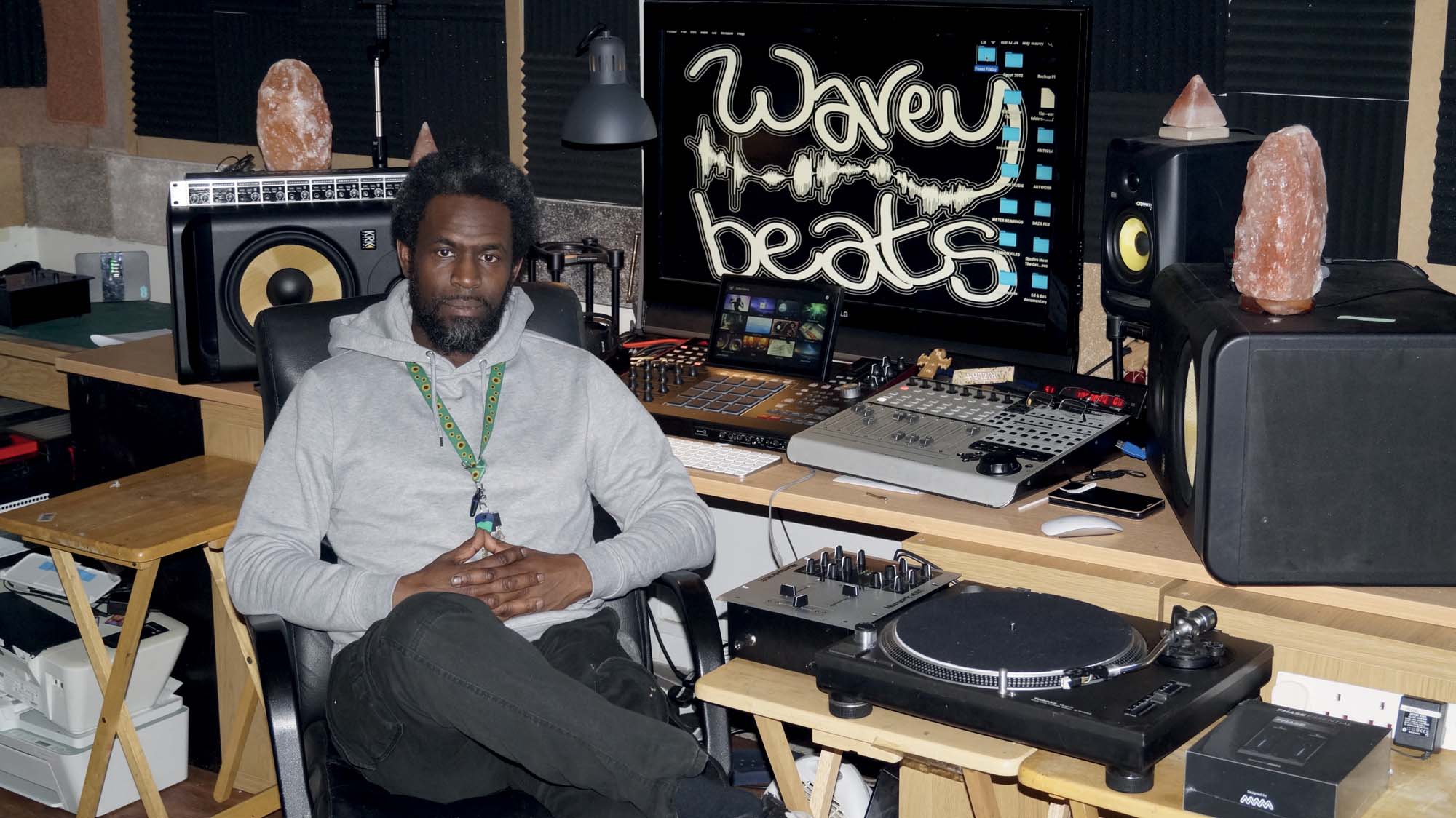
My parents arrived separately. My mum came from Guyana in the mid-60s and my dad came from Antigua shortly after.
My dad came over to study to be a priest and later joined the Air Force. My mum came over as a nurse, sponsored to come and help the NHS.
I have worked as a music tutor for thirty years.
My love of music started early, and I got into music production, making beats. I started producing music in the mid-90s. I joined a Portuguese funk band and toured across Europe. After that, youth music took over, but I have never stopped making beats and probably never will.
Tariq FR33DOM Zampaladus
- Urban Equestrian Academy
- I was born in Britain and grew up in Leicester
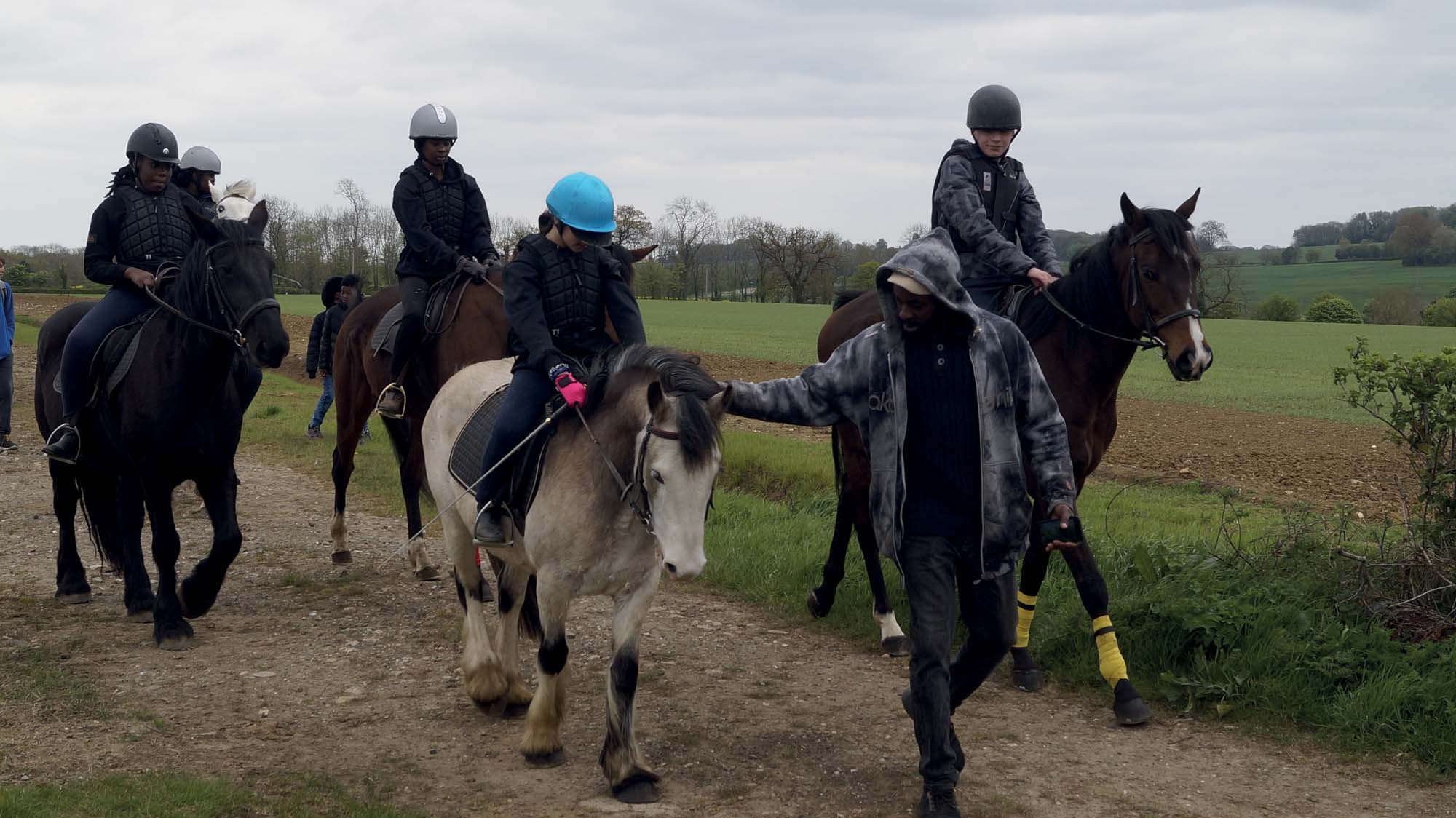
My mother is from Jamaica and my father is from Antigua. My Jamaican grandparents arrived in London in the late 60s, moving to Leicester later. They were very passive to the negativity they received and just took it. They found their sense of community by establishing churches.
I first worked in the equine industry and although I experienced a lot of racism, I also had some fantastic moments. I wrote an autobiography called ‘From the Hood to Horses’ which motivated me to set up my business, the Urban Equestrian Academy (UEA)
I’ve also set up and run local community groups, Black Future Network, before UEA, and later EDUK8 global. I was instrumental in laying the foundation of Black Poppy Rose, celebrating the people of the African diaspora War Remembrance Day.
Desmond Belle
- CEO of Leicester Community Radio
- I was born in Britain and grew up in Leicester
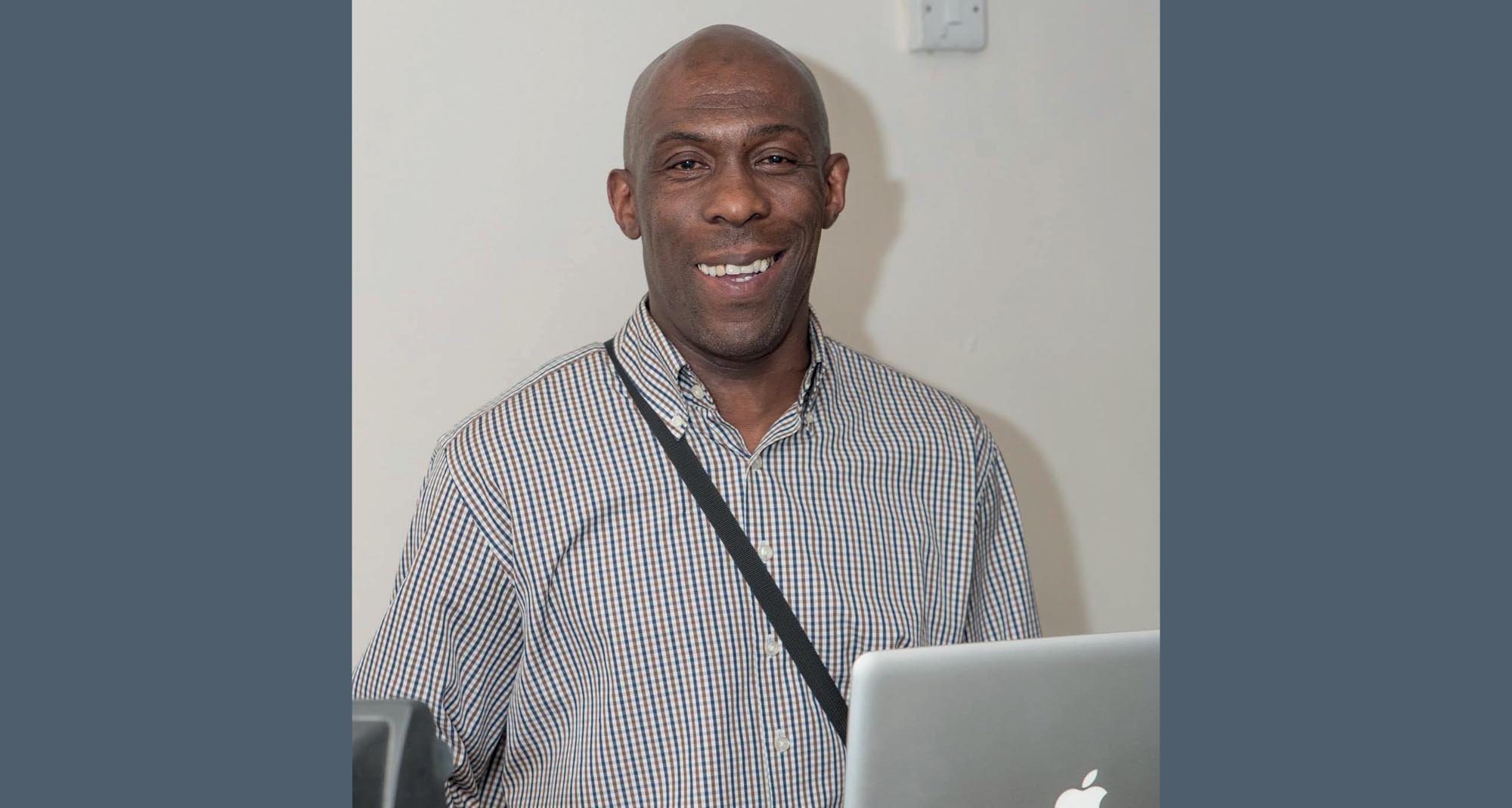
My parents arrived in Britain from Barbados on April 1st, 1961. Mum worked in a retail factory when she first arrived. She found it difficult; people would spit at her and shout, “Go back to your own country”. She was told to wash her hands to wash the colour off.
I left school and got a job as a trainee plasterer. I then went self-employed before gaining a qualified plasterer job with the council.
I started the radio station in 2014, originally calling it Ghetto FM. We changed the name to Leicester Community Radio (LCR) in 2015.
The radio started as a voice for the Caribbean community. Leicester Community Radio had DJs from every different Caribbean background. We have over 40 DJs and run 24/7, playing the best in R&B, Soul, Reggae, Hip Hop, Soca and Pop music. We broadcast from Leicester and stream all around the world.
Robert Queensborough
- Candy Arts
- I was born in Britain and grew up in Leicester
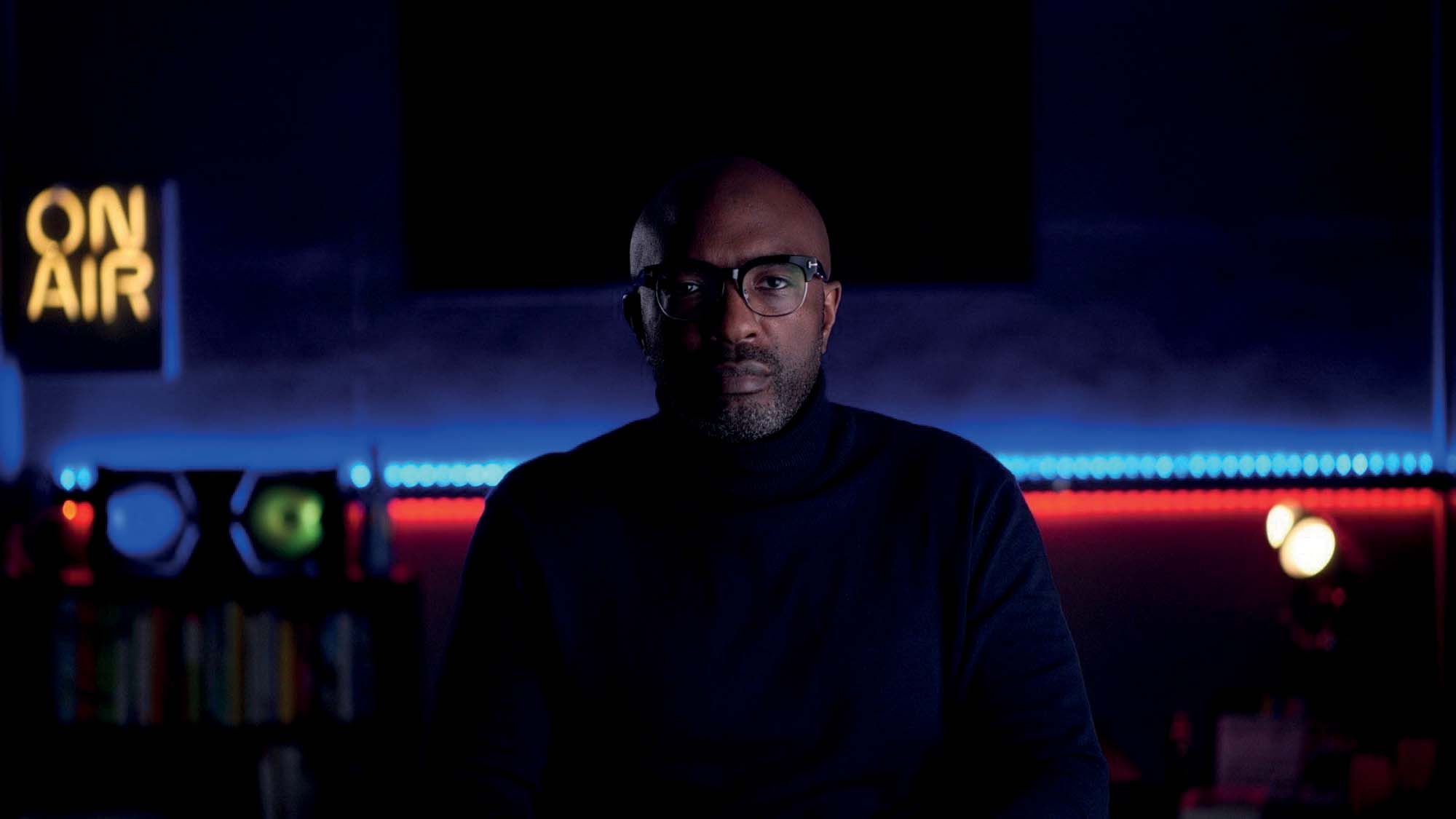
My grandparents arrived in Britain first and then they sent for my parents who were still children.
My parents are from Jamaica. My dad is from Spanish Town and my mum is from a place called Lluidas Vale, both in the parish of St. Catherine.
I got a multi-media computing degree and then, during Covid, I got a Master's in International Film Production.
I started late in life as a mature student. Aer my Computing Foundation Degree, I went on to multi-media computing which was half programming and half creative e.g. audio, film, and 3D animation. I found I had a talent for filmmaking.
I graduated from university and then started this business. I was never going to get a 9-5 job; my work was based on everything relating to me as a business.
Candy Arts is a not-for-profit Community Interest Corporation (CIC). We provide creative educational programs for people who are unemployed or on low incomes.
Curtis McCabe
- Founder of Playermade
- I am of British and Antiguan heritage
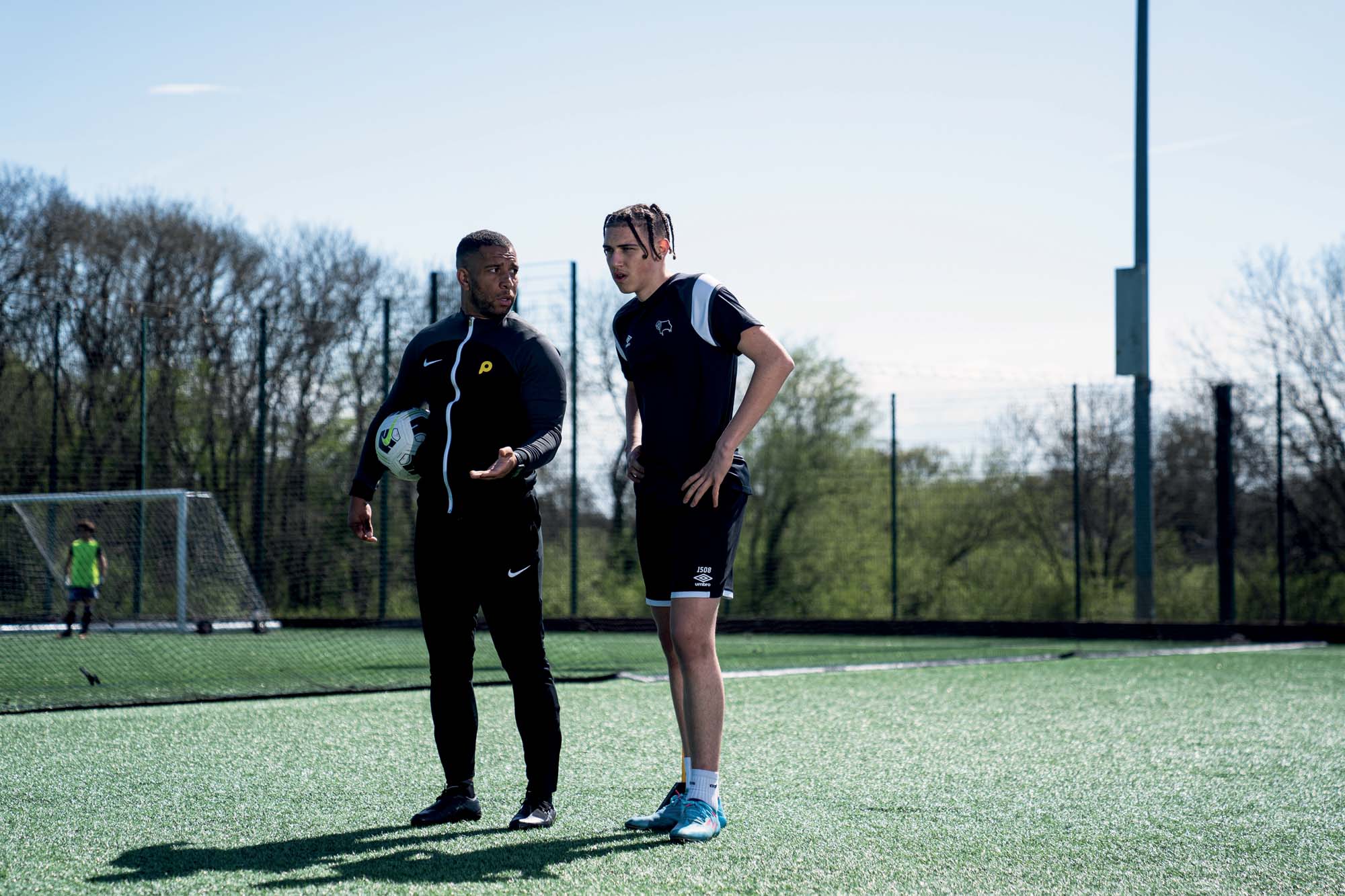
I grew up in Highfields with my mum and didn't have much to do with my Caribbean parent.
I went to Loughborough College and studied sports and personal training and then went on to study psychology at the University of Leicester.
Since then, I’ve always been involved with sports. I set up Playermade in 2018, a training club that specialises in performance training, primarily for young people. I work with emerging talents; they are recognised as playing for an academy on the pathway to playing at international level. I have eleven young people that are already playing for their country.
We now have our own venue and an app that we use to operate online training. We’re presently going through a transition to start selling products worldwide.
Alvin Jarvis
- African Caribbean Centre Manager and Footballer
- I was born in Britain and grew up in Leicester
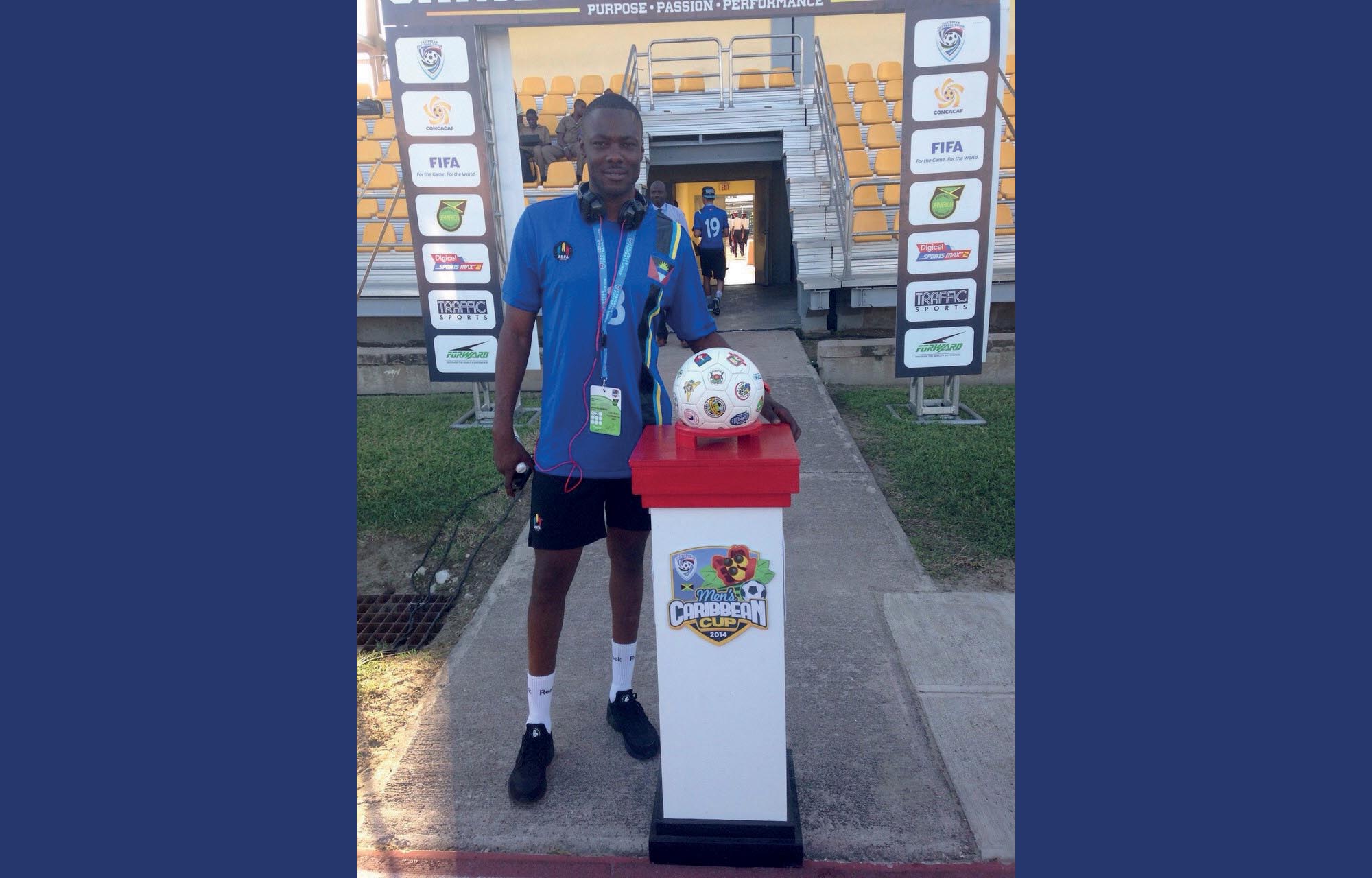
My grandparents arrived in Britain from Guyana and Antigua. My dad’s parents came first, in July 1960, and my mum’s parents came to Britain in July 1970.
My dad joined the Royal Leicester Anglian Regiment aged eighteen and travelled the world. My mother became a nurse and then went into catering.
I started as a volunteer at the local community centre then worked across the city as a casual lifeguard and gym instructor for Leicester City Council. In 2004 I became a Premises Officer. I still work for Leicester City Council as a Service Delivery Manager of the African Caribbean Centre and Highfields Library.
Football was my passion and from the age sixteen, I played for many clubs across the Midlands and even reached a final at Wembley in the FA Vase in 2011. In 2014 I represented my father’s country Antigua and Barbuda in the Caribbean Cup, hosted in Montego Bay in Jamaica.
Orlanzo George Cole
- Councillor, Leicester’s First Black Lord Mayor
- I was born in Jamaica and lived there until age 11
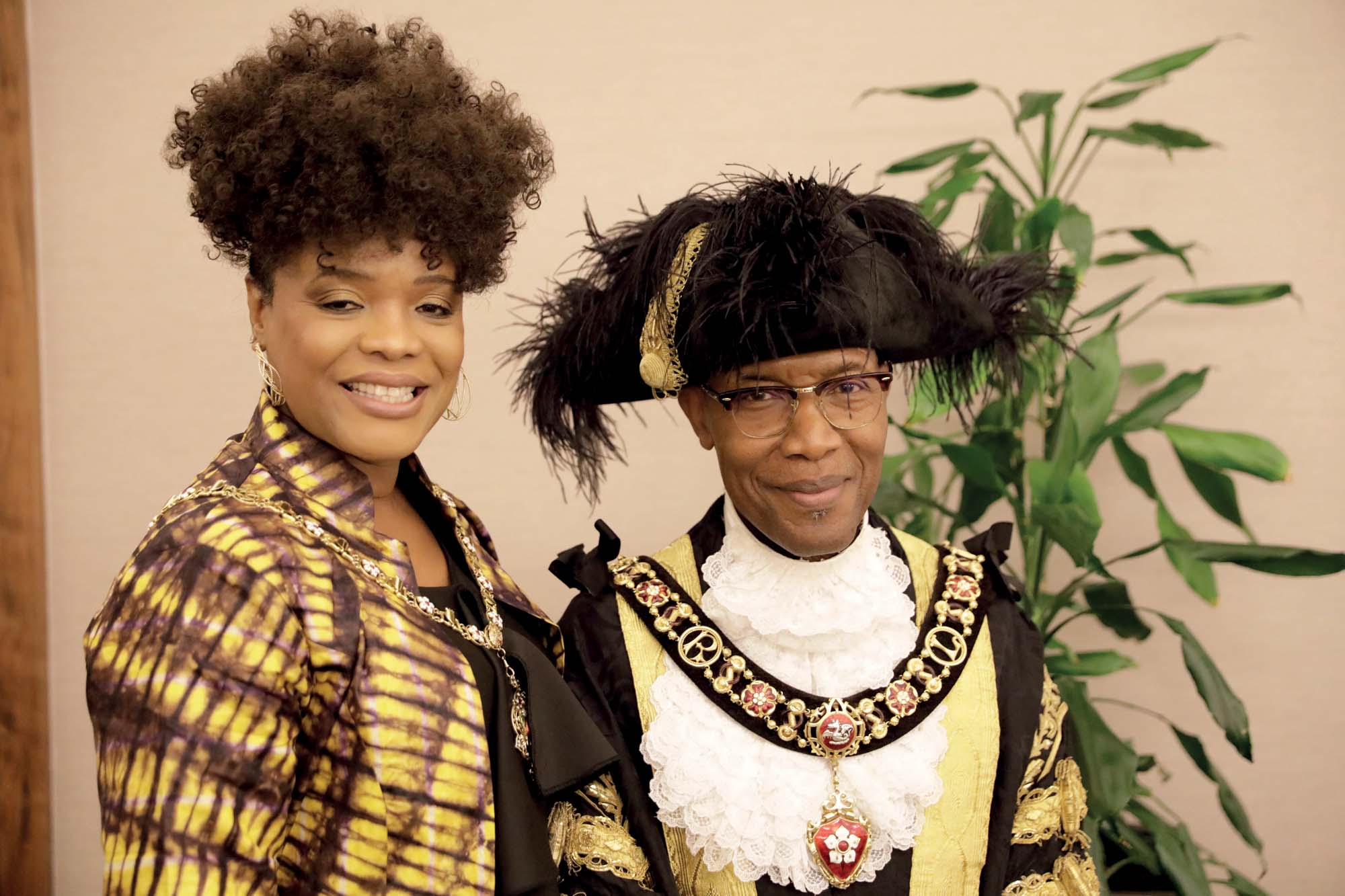
My parents arrived in Britain from Jamaica in the 50s Life was tough, they say, but resilience saw them through.
School was difficult. Teachers consigned me to being a factory worker. It was very deflating. I left school age 15 with no qualifications and the teacher’s voice ringing in my ears telling me, “I will never pass an examination in a hundred years”.
I got a craft apprenticeship and on completion, I did a full-time technician course after which I became a radio and television engineer. I left after a while to do A’ levels. The courses were full, so I did O’ levels instead, then an OND diploma, followed by a degree in Electrical Engineering and Electronics.
From leaving school a voice in my head kept telling me I was better than where I was. After graduation I worked as a Junior then as a Principal Design Engineer, designing and developing microcomputers, then as a Principal Systems Design Engineer, gaining chartered Engineering status, followed by 27 years as a senior Lecturer at De Montfort University.
During this time, I got married, had two children and ran my own businesses, including residential homes, a Caribbean restaurant and property development with a property portfolio. I also founded Talking Blues, a magazine programme on BBC Radio Leicester, which I edited, produced and presented. I set-up and led community groups as an activist, became a magistrate and a Leicester City Councillor.
On 19th May 2022 I became Leicester City’s first Black Lord Mayor of African Heritage. It has taken 771 years for there to be a Black Lord Mayor in the city.
Discover more
You can see the full exhibition ‘Leicester’s Windrush Generations’ at the African Caribbean Centre, details on how to get there can be found here on the Leicester City Council website.
This webpage and the exhibition were created by Opal 22 in association with Leicester Neighbourhood Services.

22 June 2023 marks 75 years since 802 passengers from the Caribbean disembarked from the Windrush at Tilbury Docks. Find out what's happening in Leicester to mark Windrush75 on the Leicester City Council website.
Roman Leicester
(47- 500) A military fort was erected, attracting traders and a growing civilian community to Leicester (known as Ratae Corieltauvorum to the Romans). The town steadily grew throughout the reign of the Romans.
Medieval Leicester
(500 – 1500) The early years of this period was one of unrest with Saxon, Danes and Norman invaders having their influences over the town. Later, of course, came Richard III and the final battle of the Wars of the Roses was fought on Leicester’s doorstep.
-
The Castle Motte1068

-
Leicester Cathedral1086

-
St Mary de Castro1107

-
Leicester Abbey1138

-
Leicester Castle1150

-
Grey Friars1231

-
The Streets of Medieval Leicester1265

-
Leicester Market1298

-
Trinity Hospital and Chapel1330

-
Bow Bridgecirca 1350

-
Church of the Annunciation1353

-
John O’Gaunt’s Cellar1361

-
St John's Stone1381

-
Leicester Guildhall1390

-
The Magazine1400

-
The Blue Boar Inn1400

-
The High Cross1577

Tudor & Stuart Leicester
(1500 – 1700) The wool trade flourished in Leicester with one local, a former mayor named William Wigston, making his fortune. During the English Civil War a bloody battle was fought as the forces of King Charles I laid siege to the town.
Georgian Leicester
(1700 – 1837) The knitting industry had really stared to take hold and Leicester was fast becoming the main centre of hosiery manufacture in Britain. This new prosperity was reflected throughout the town with broader, paved streets lined with elegant brick buildings and genteel residences.
-
Great Meeting Unitarian Chapel1708

-
The Globe1720

-
17 Friar Lane1759

-
Black Annis and Dane Hills1764

-
Leicester Royal Infirmary1771

-
New Walk1785

-
Freemasons’ Hall1790

-
Gaols in the City1791

-
Friars Mill1794

-
City Rooms1800

-
Development of Highfields1800

-
Wesleyan Chapel1815

-
20 Glebe Street1820

-
Charles Street Baptist Chapel1830

-
Glenfield Tunnel1832

-
James Cook1832

Victorian Leicester
(1837 – 1901) The industrial revolution had a huge effect on Leicester resulting in the population growing from 40,000 to 212,000 during this period. Many of Leicester's most iconic buildings were erected during this time as wealthy Victorians made their mark on the town.
-
Leicester Union Workhouse1839

-
Campbell Street and London Road Railway Stations1840

-
The Vulcan Works1842

-
Belvoir Street Chapel1845

-
Welford Road Cemetery1849

-
Leicester Museum & Art Gallery1849

-
King Street1850

-
Cook’s Temperance Hall & Hotel1853

-
Amos Sherriff1856

-
Weighbridge Toll Collector’s House1860

-
4 Belmont Villas1862

-
Top Hat Terrace1864

-
Corah and Sons - St Margaret's Works1865

-
Kirby & West Dairy1865

-
The Clock Tower1868

-
Wimbledon Works1870

-
The Leicestershire Banking Company1871

-
St Mark’s Church and School1872

-
Victorian Turkish Baths1872

-
The Town Hall1876

-
Central Fire Stations1876

-
Aylestone Road Gas Works and Gas Museum1879

-
Gas Workers Cottages1879

-
Leicestershire County Cricket Club1879

-
Welford Road Tigers Rugby Club1880

-
Secular Hall1881

-
Development of Highfields1800

-
Abbey Park1881

-
Abbey Park Buildings1881

-
Victoria Park and Lutyens War Memorial1883

-
Leicester Fosse FC 18841884

-
Leicester Coffee and Cocoa Company Coffee Houses1885

-
St Barnabas Church and Vicarage1886

-
Abbey Pumping Station1891

-
Luke Turner & Co. Ltd.1893

-
West Bridge Station1893

-
Thomas Cook Building1894

-
The White House1896

-
Alexandra House1897

-
Leicester Boys Club1897

-
Grand Hotel and General Newsroom1898

-
Highfield Street Synagogue1898

-
Western Park1899

-
Asfordby Street Police Station1899

-
Leicester Central Railway Station1899

Edwardian Leicester
(1901 – 1910) Electric trams came to the streets of Leicester and increased literacy among the citizens led to many becoming politicised. The famous 1905 ‘March of the Unemployed to London’ left from Leicester market when 30,000 people came to witness the historic event.
-
YMCA Building1900

-
The Palace Theatre1901

-
Pares's Bank1901

-
Coronation Buildings1902

-
Halfords1902

-
High Street1904

-
George Biddles and Leicester's Boxing Heritage1904

-
Municipal Library1905

-
Leicester Boys Club1897

-
The Marquis Wellington1907

-
Guild Hall Colton Street1909

-
Women's Social and Political Union Shop1910

-
Turkey Café1901

Early 20th Century Leicester
(1910 – 1973) The diverse industrial base meant Leicester was able to cope with the economic challenges of the 1920s and 1930s. New light engineering businesses, such as typewriter and scientific instrument making, complemented the more traditional industries of hosiery and footwear manufacturing.
-
Dryad Handicrafts1912

-
De Montfort Hall1913

-
Leicester During the First World War1914

-
Fox’s Glacier Mints1918

-
Statue of Liberty1919

-
Housing in Saffron Lane1924

-
Winstanley House1925

-
Housing in North Braunstone1926

-
Lancaster Road Fire Station1927

-
The Little Theatre1930

-
Saffron Hill Cemetery1931

-
Braunstone Hall Junior School1932

-
Former City Police Headquarters1933

-
Savoy Cinema1937

-
Eliane Sophie Plewman1937
-
City Hall1938

-
Athena - The Odeon Cinema1938

-
The Blitz in Highfields1940

-
Freeman, Hardy and Willis - Leicester Blitz1940

-
Leicester Airport1942

-
Leicester’s Windrush Generations1948

-
Netherhall Estate1950
-
Housing at Eyres Monsell1951

-
Silver Street and The Lanes1960

-
Bostik1960

-
Auto-Magic Car Park (Lee Circle)1961

-
University of Leicester Engineering Building1963

-
Sue Townsend Theatre1963

-
Central Mosque1968

-
Belgrave Flyover1973

Modern Leicester
(1973 – present day) Industry was still thriving in the city during the 1970s, with the work opportunities attracting many immigrants from all over the world. While industry has declined in recent years, excellent transport links have made Leicester an attractive centre for many businesses. The City now has much to be proud of including its sporting achievements and the richness of its cultural heritage and diversity.
-
Haymarket Theatre1973

-
The Golden Mile1974

-
Acting Up Against AIDS1976

-
Belgrave Neighbourhood Centre1977

-
Diwali in Leicester1983

-
Leicester Caribbean Carnival1985

-
Samworth Brothers1986

-
Jain Centre1988

-
Guru Nanak Dev Ji Gurdwara1989

-
King Power Stadium2002

-
LCB Depot2004

-
Curve2008

-
BAPS Shri Swaminarayan Mandir2011

-
Makers Yard2012

-
VJ Day 80th Anniversary2020

- Roman Leicester
- Medieval Leicester
- Tudor & Stuart Leicester
- Georgian Leicester
- Victorian Leicester
- Edwardian Leicester
- Early 20th Century Leicester
- Modern Leicester
A Place to Live


